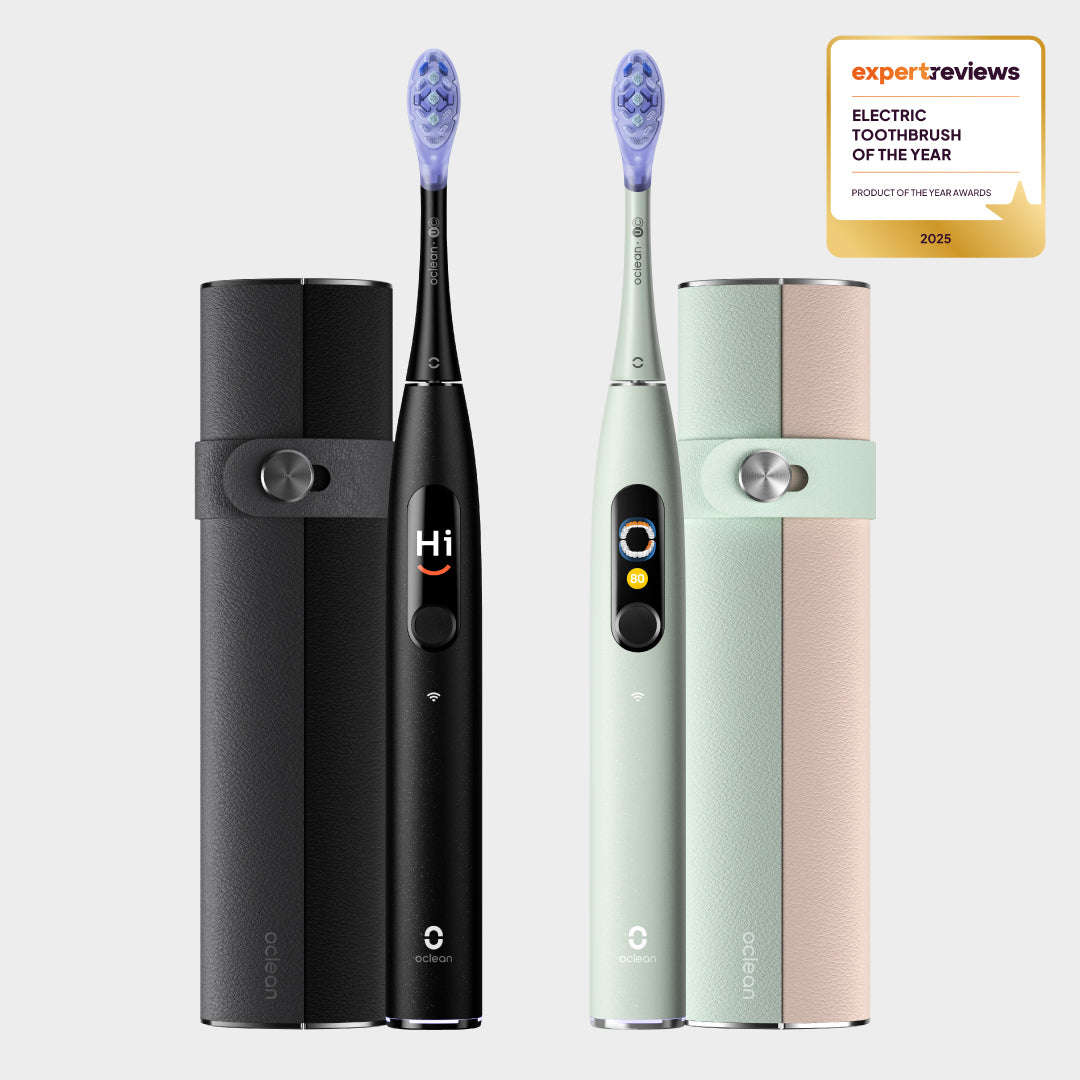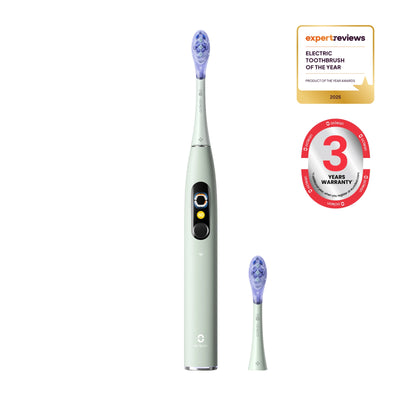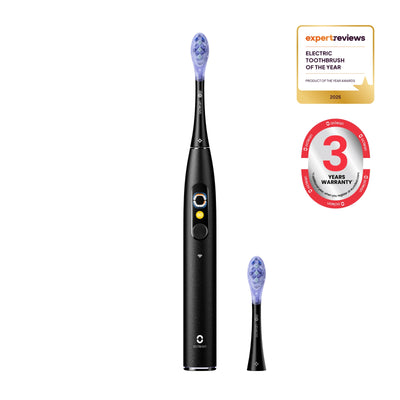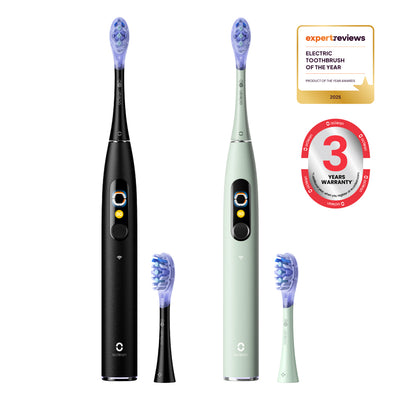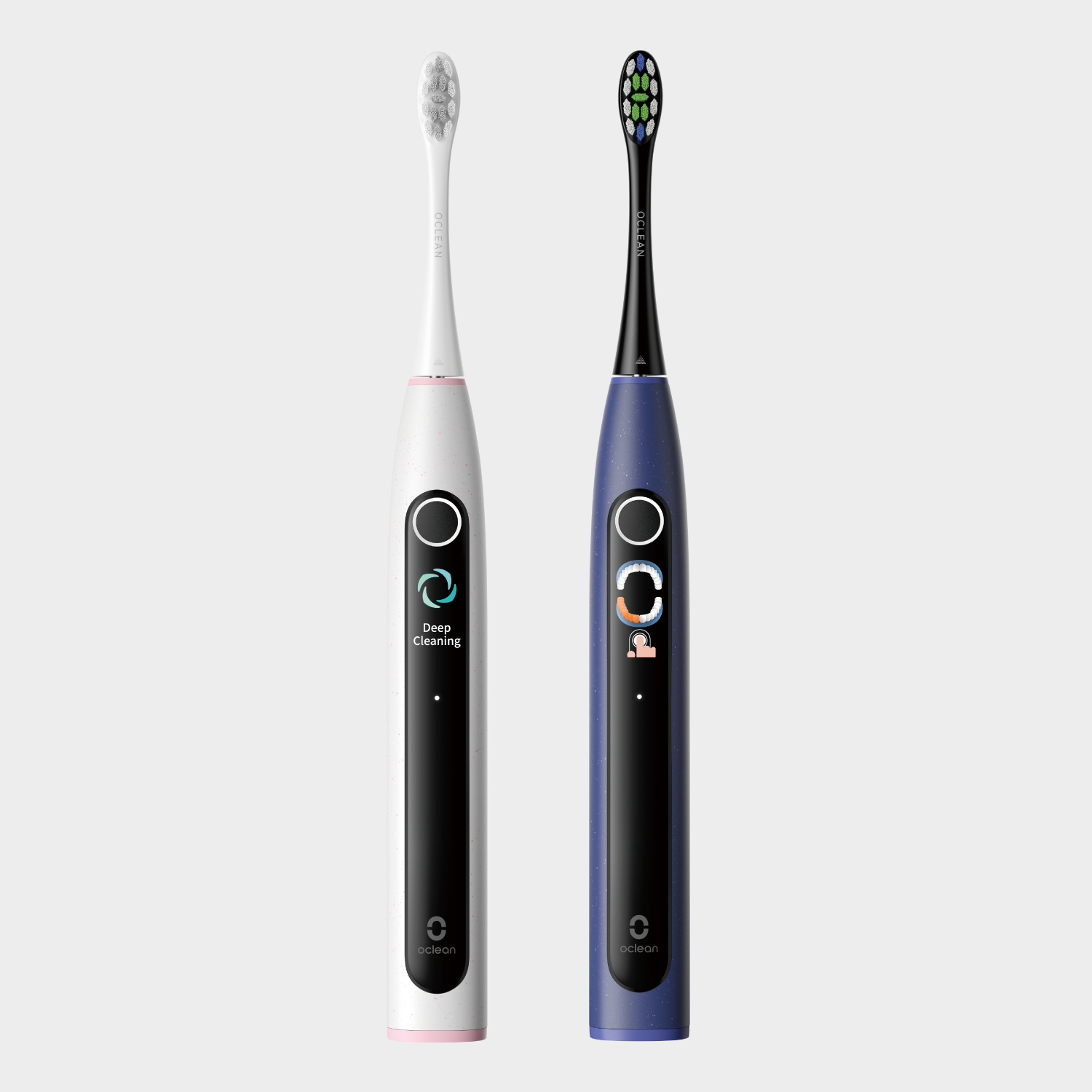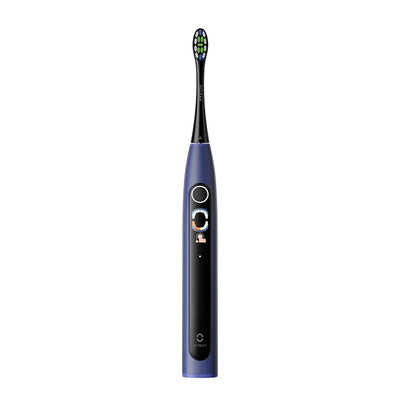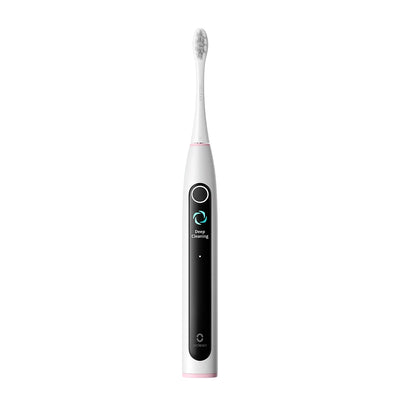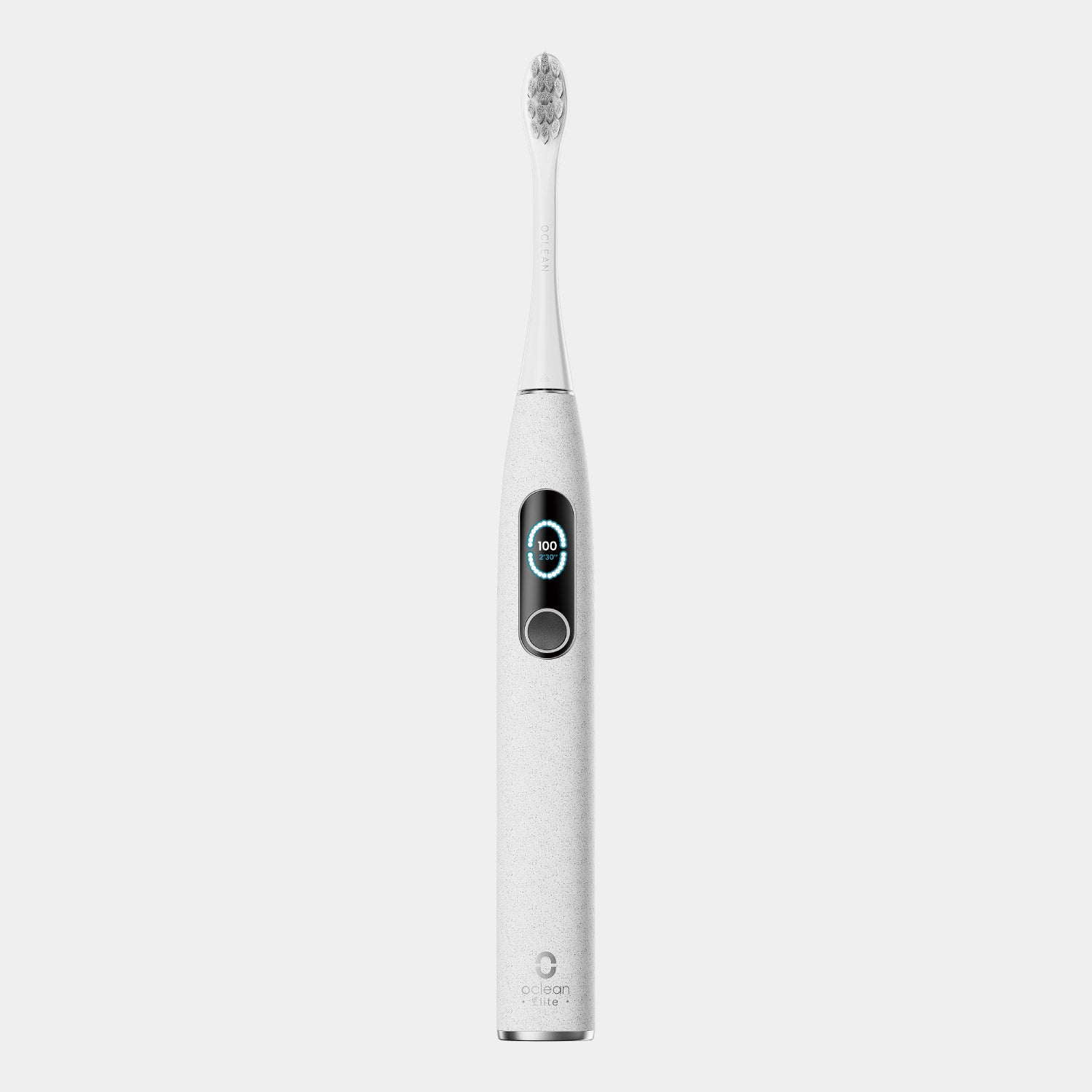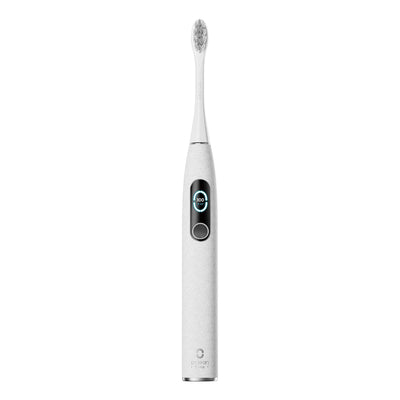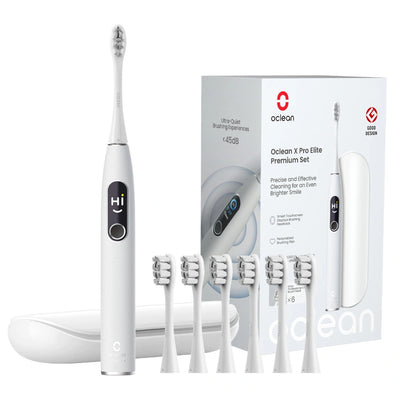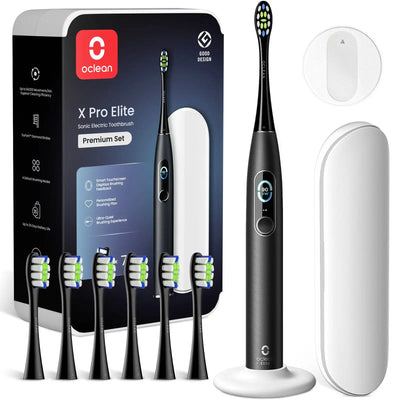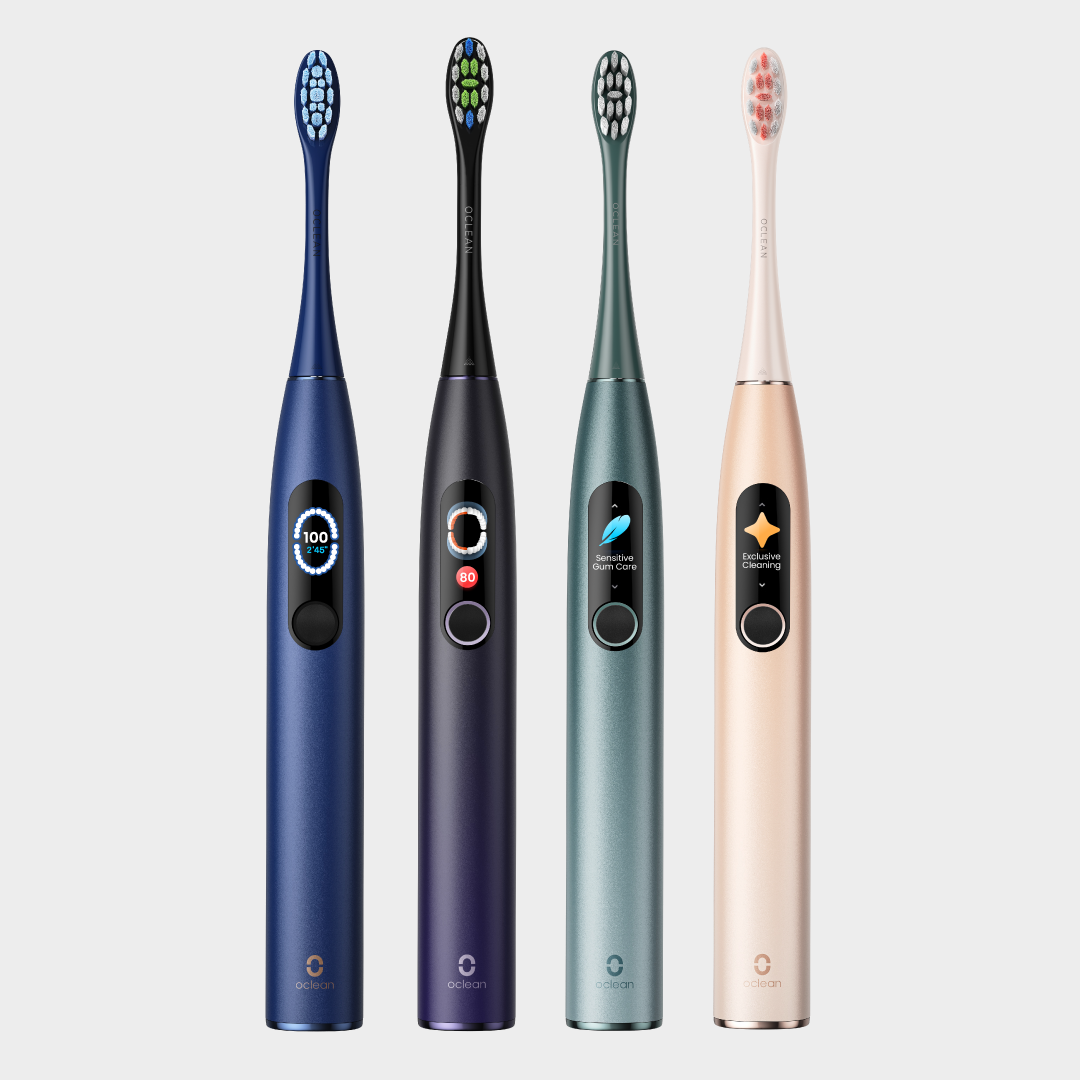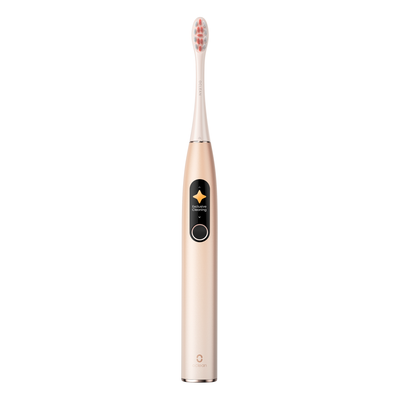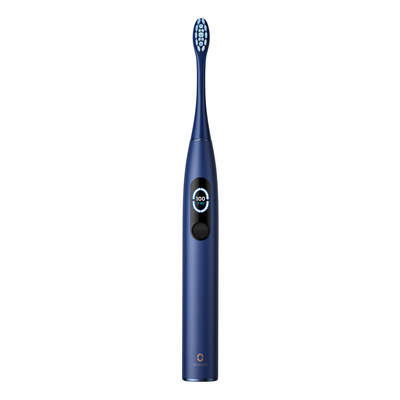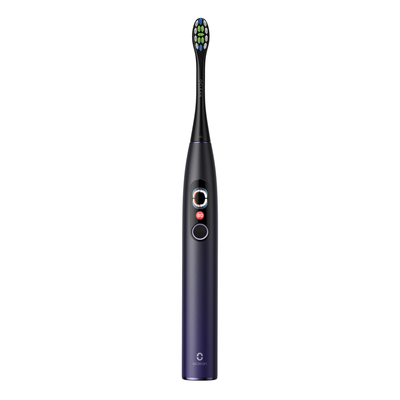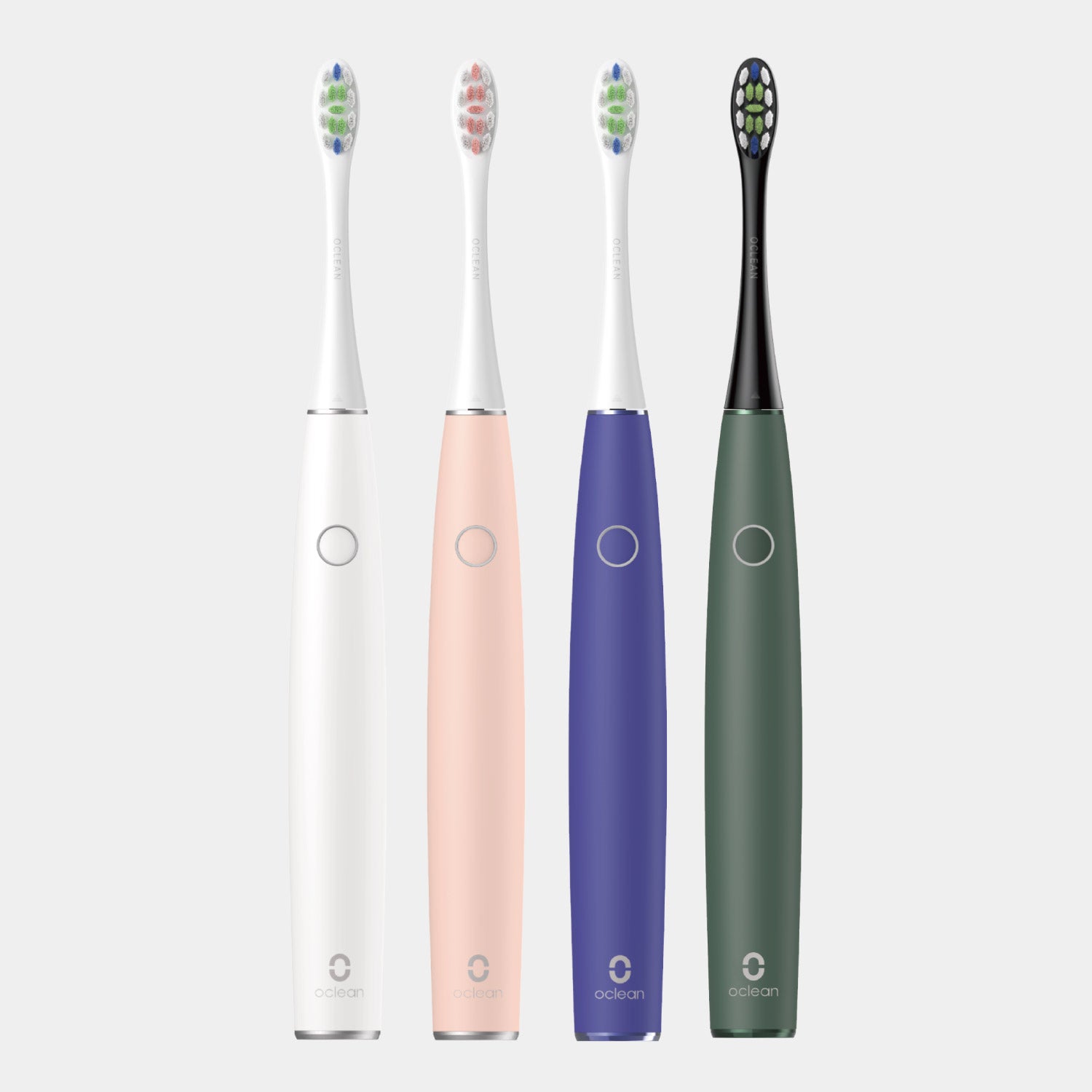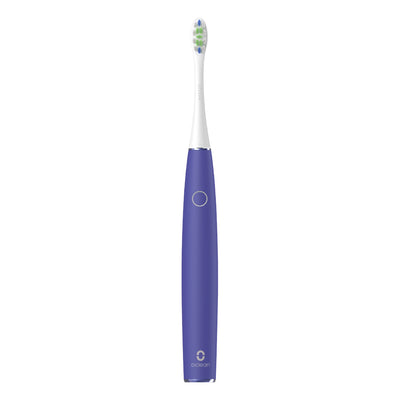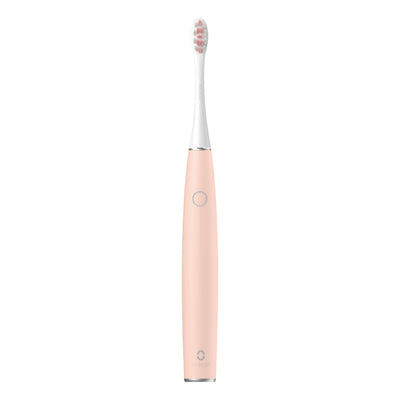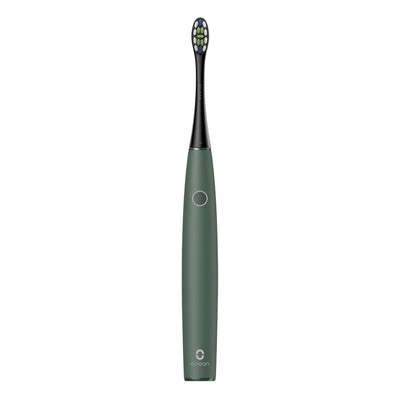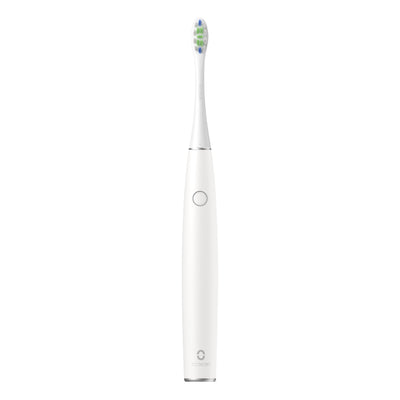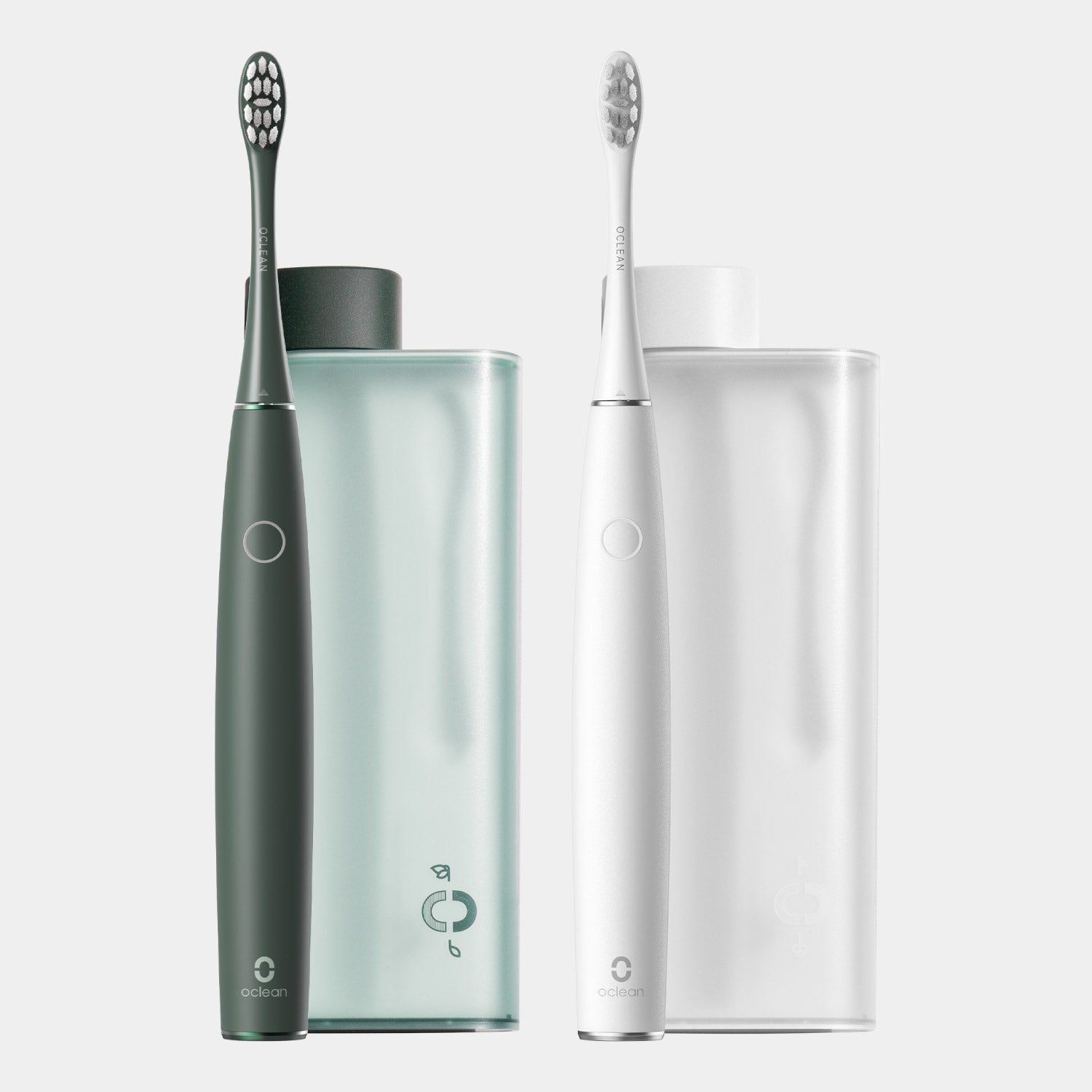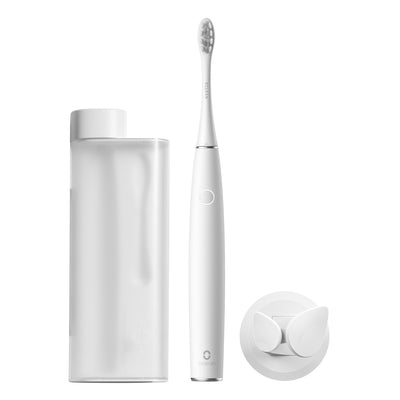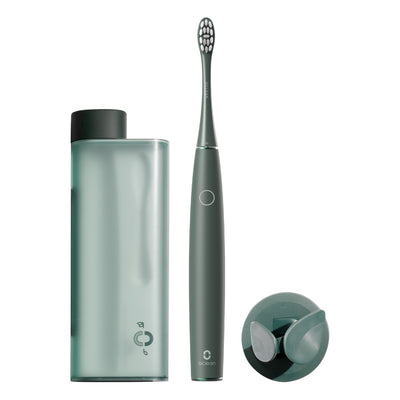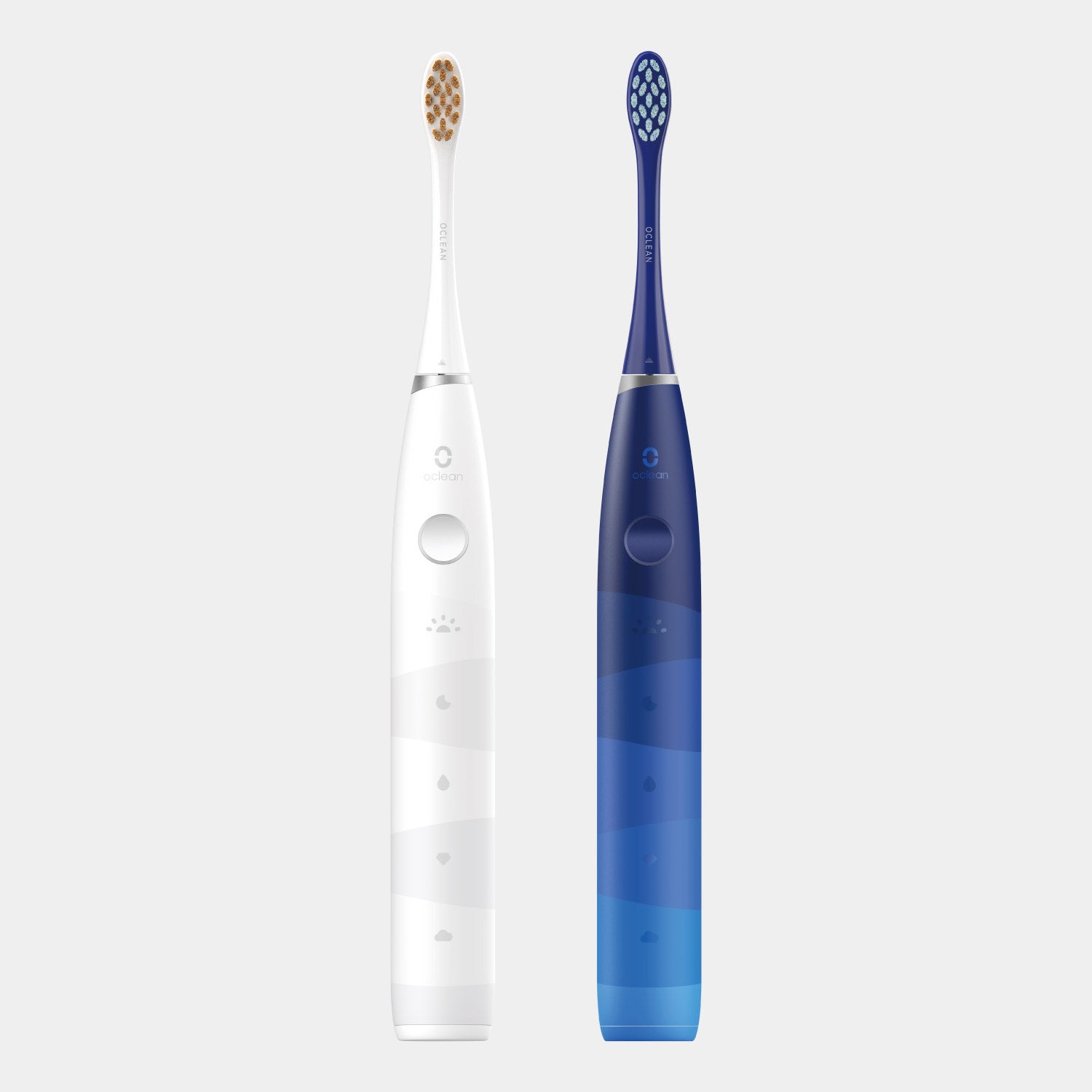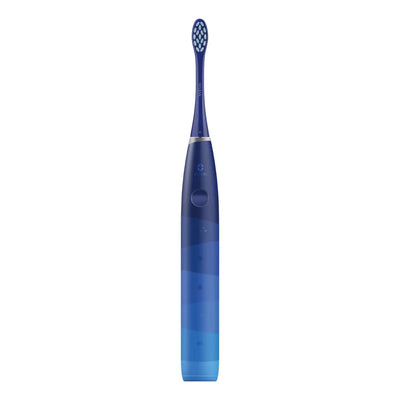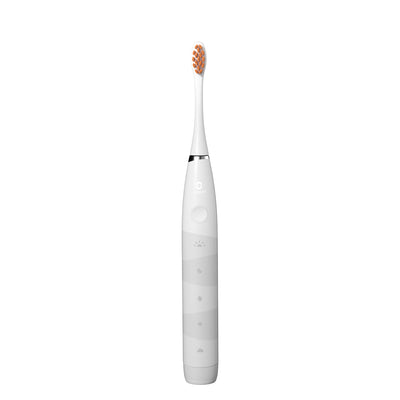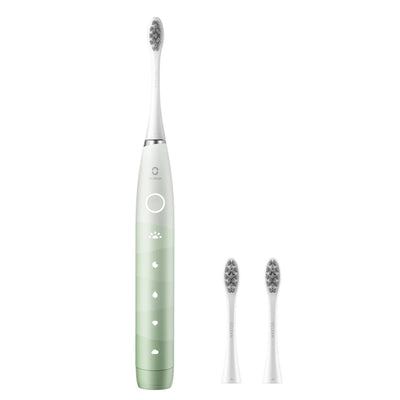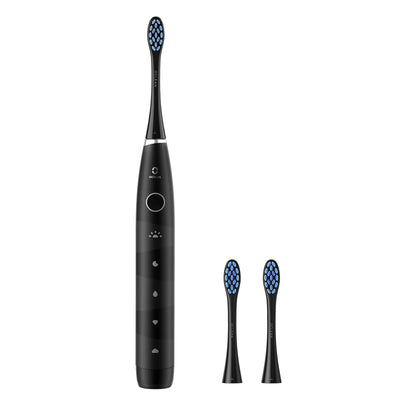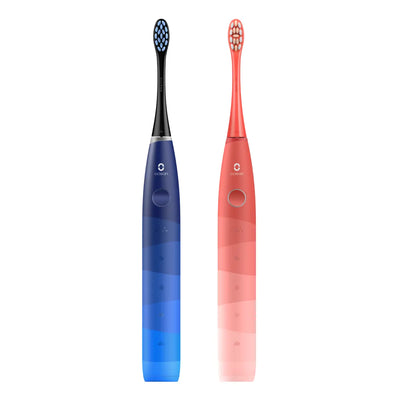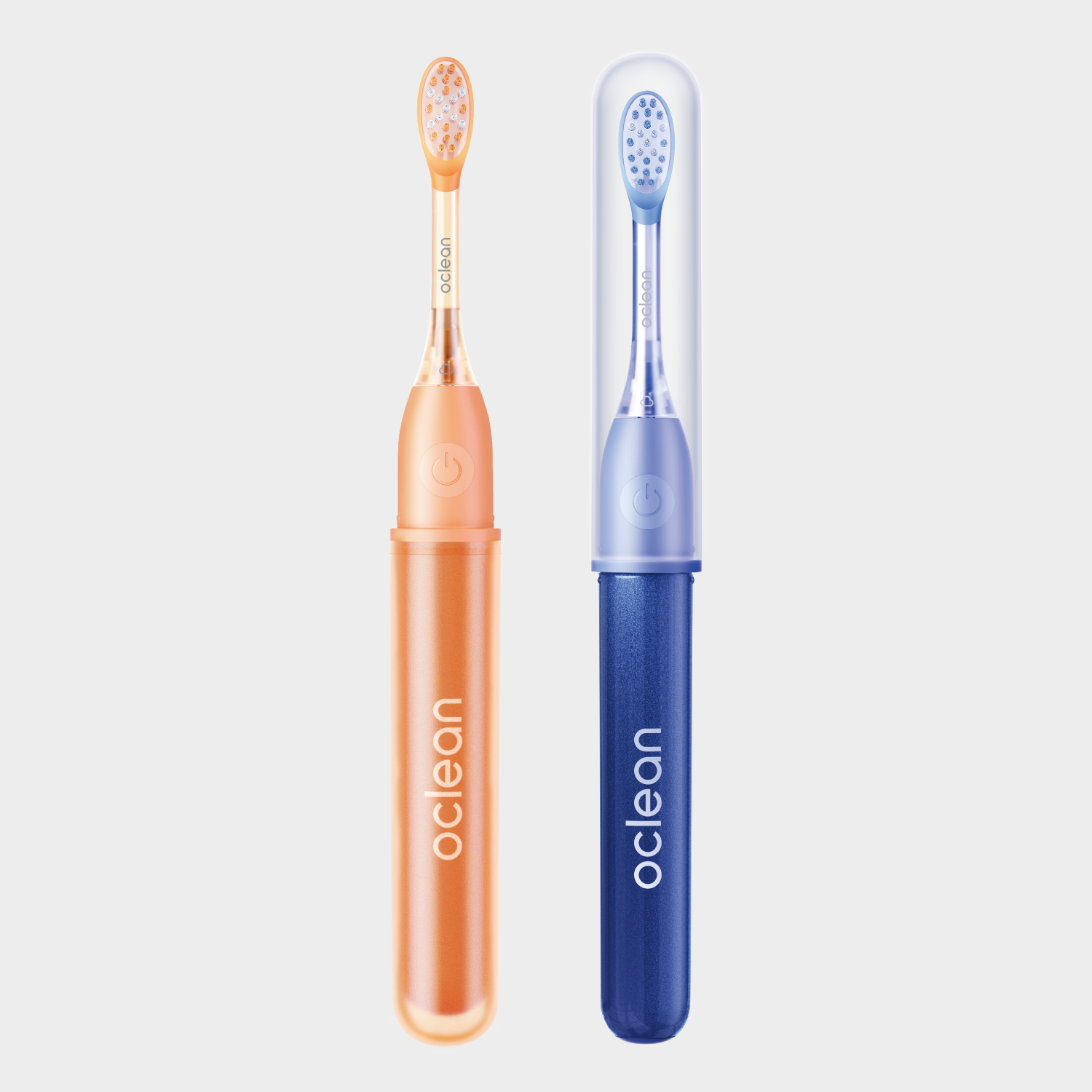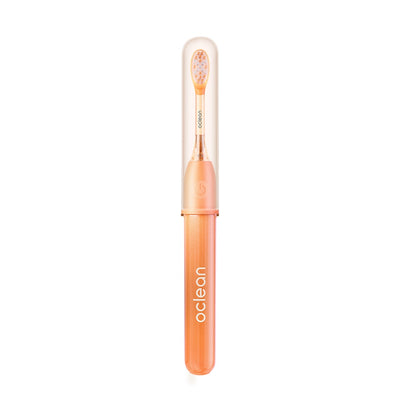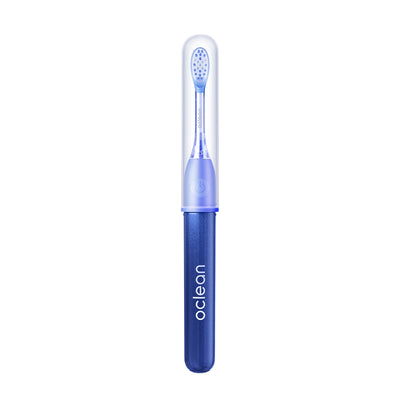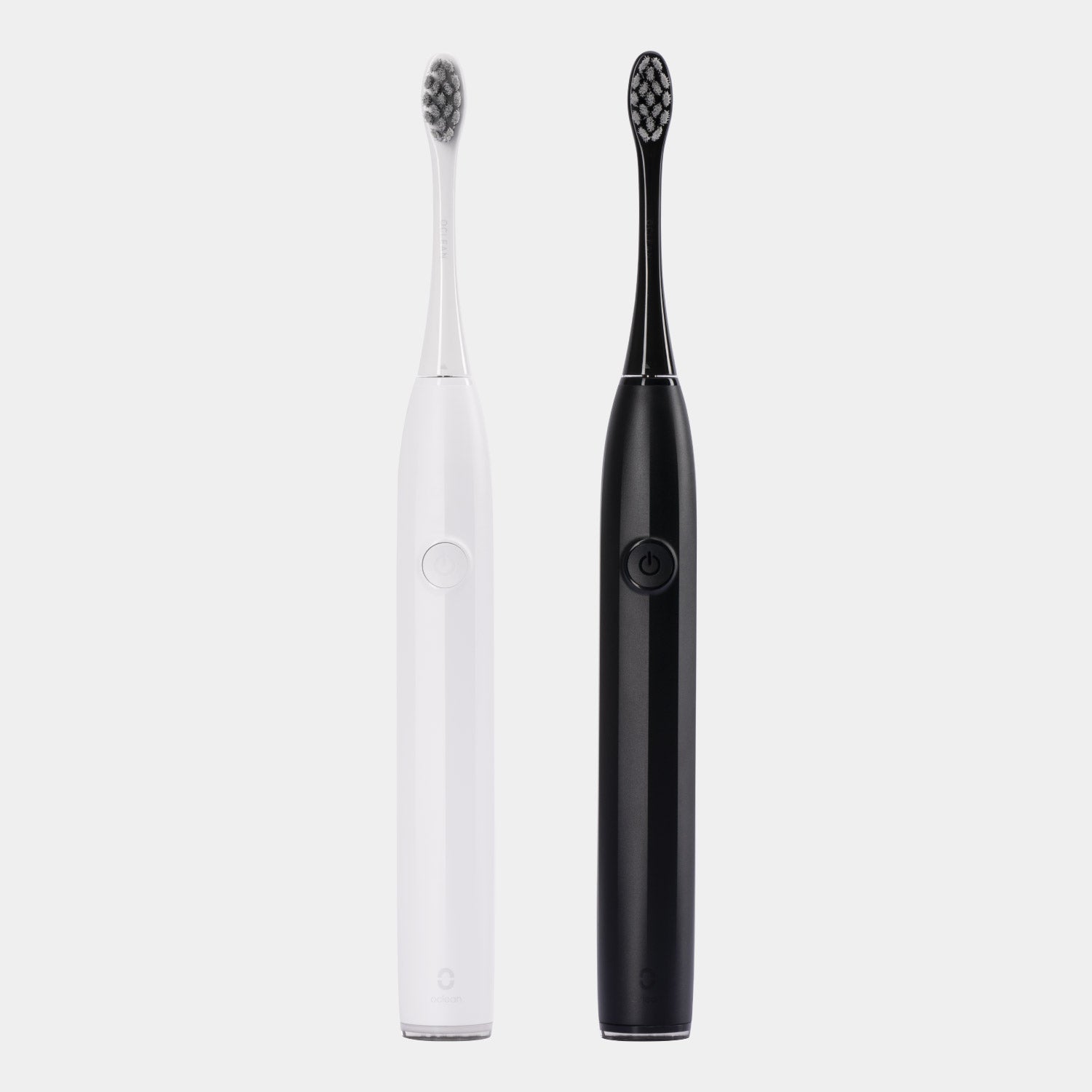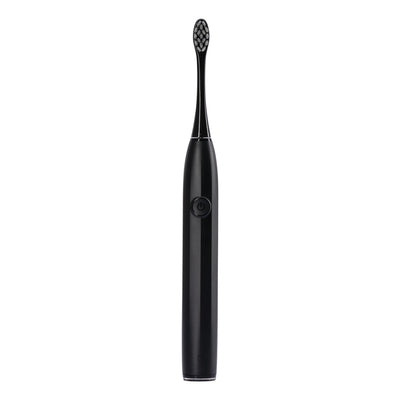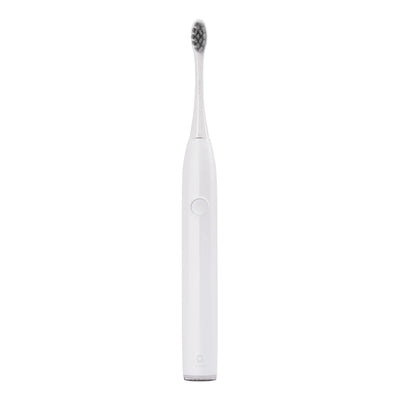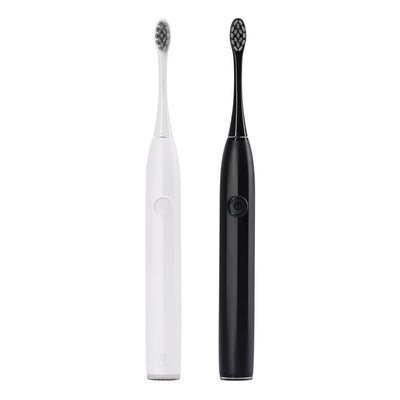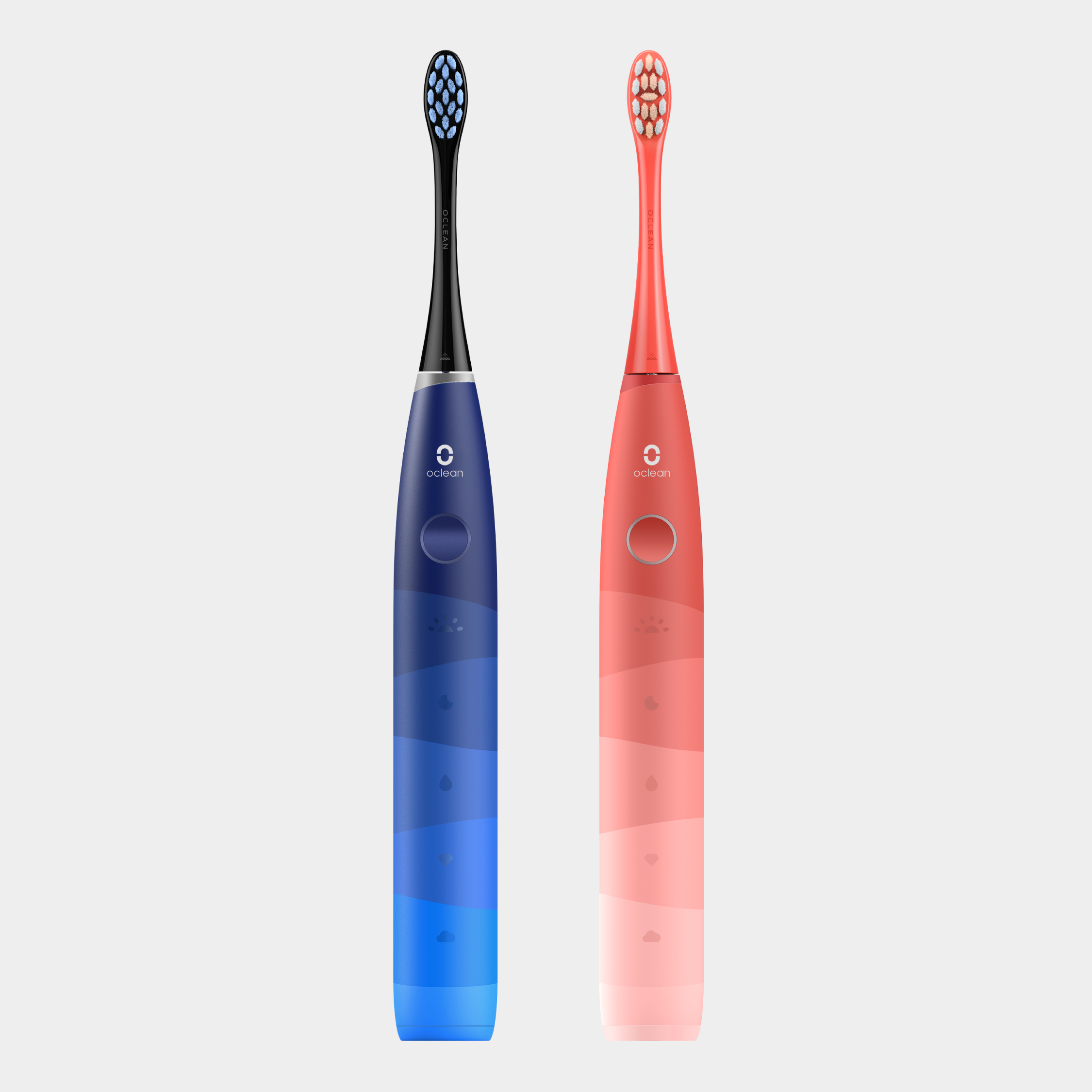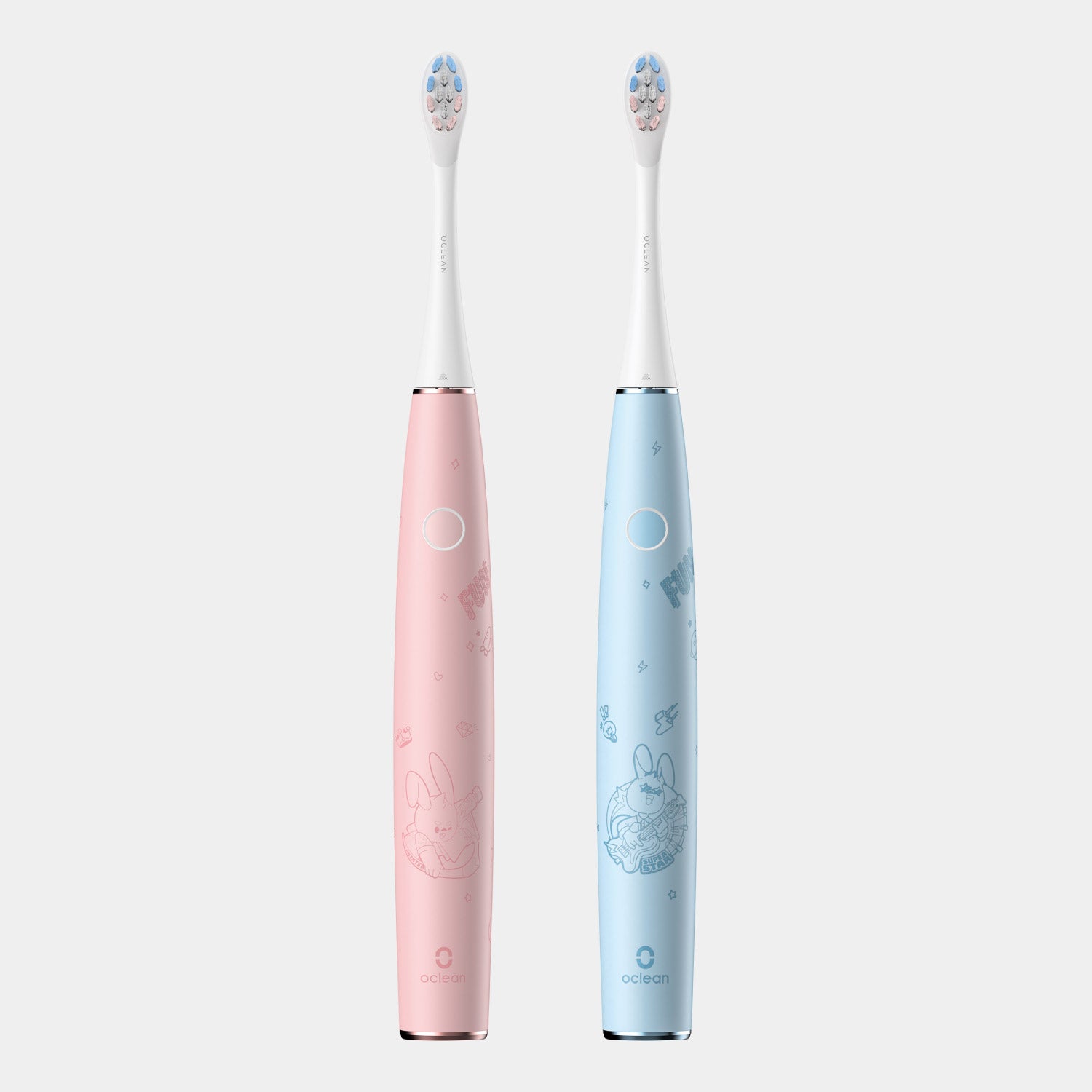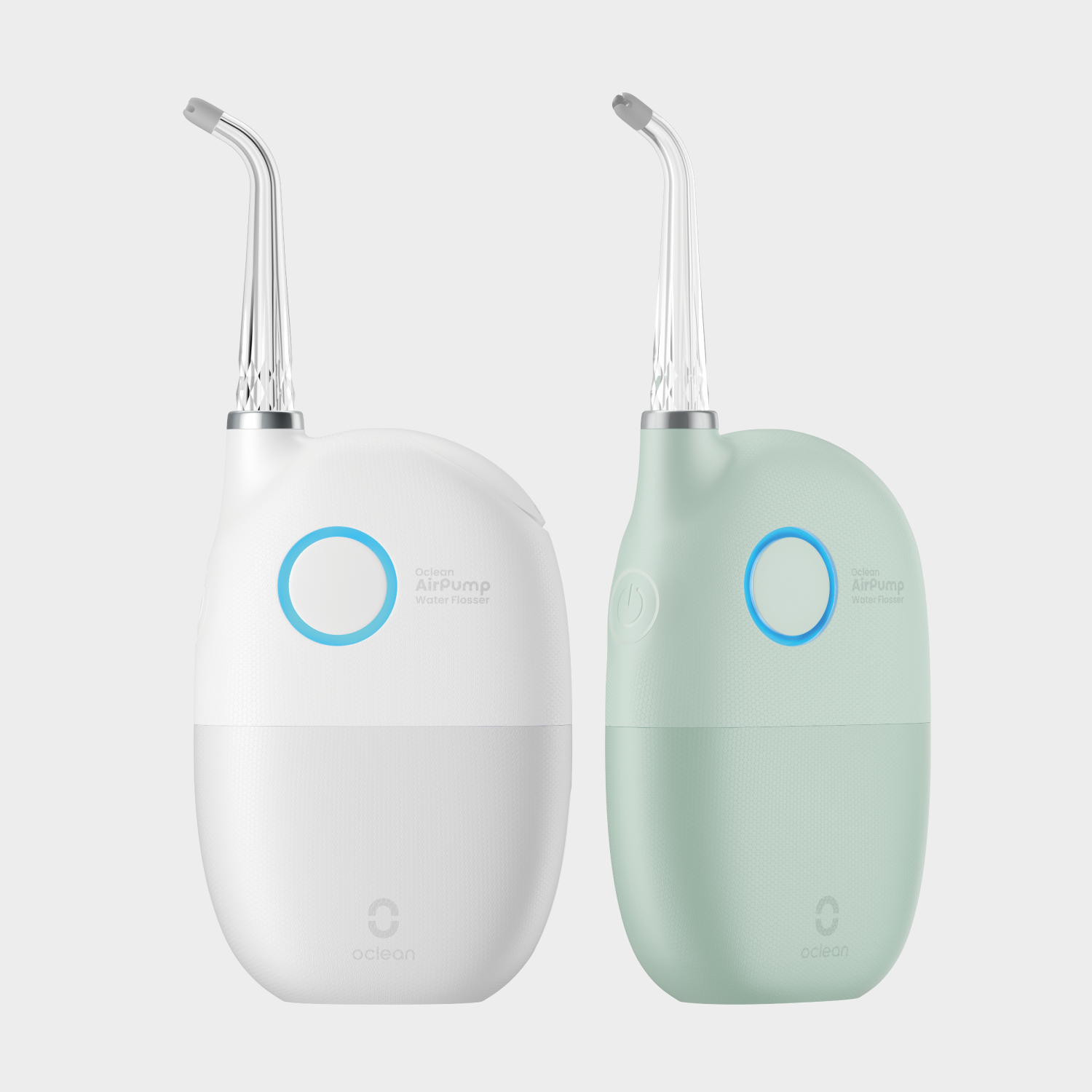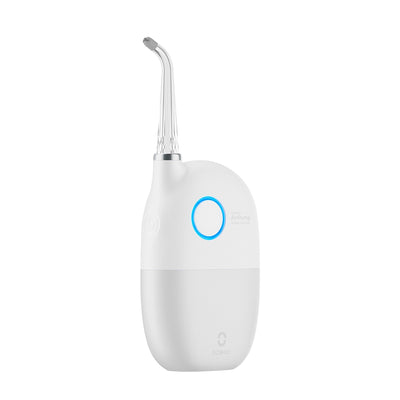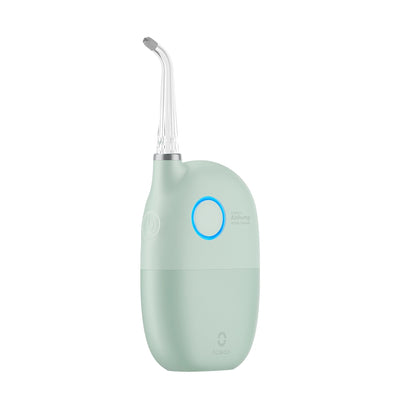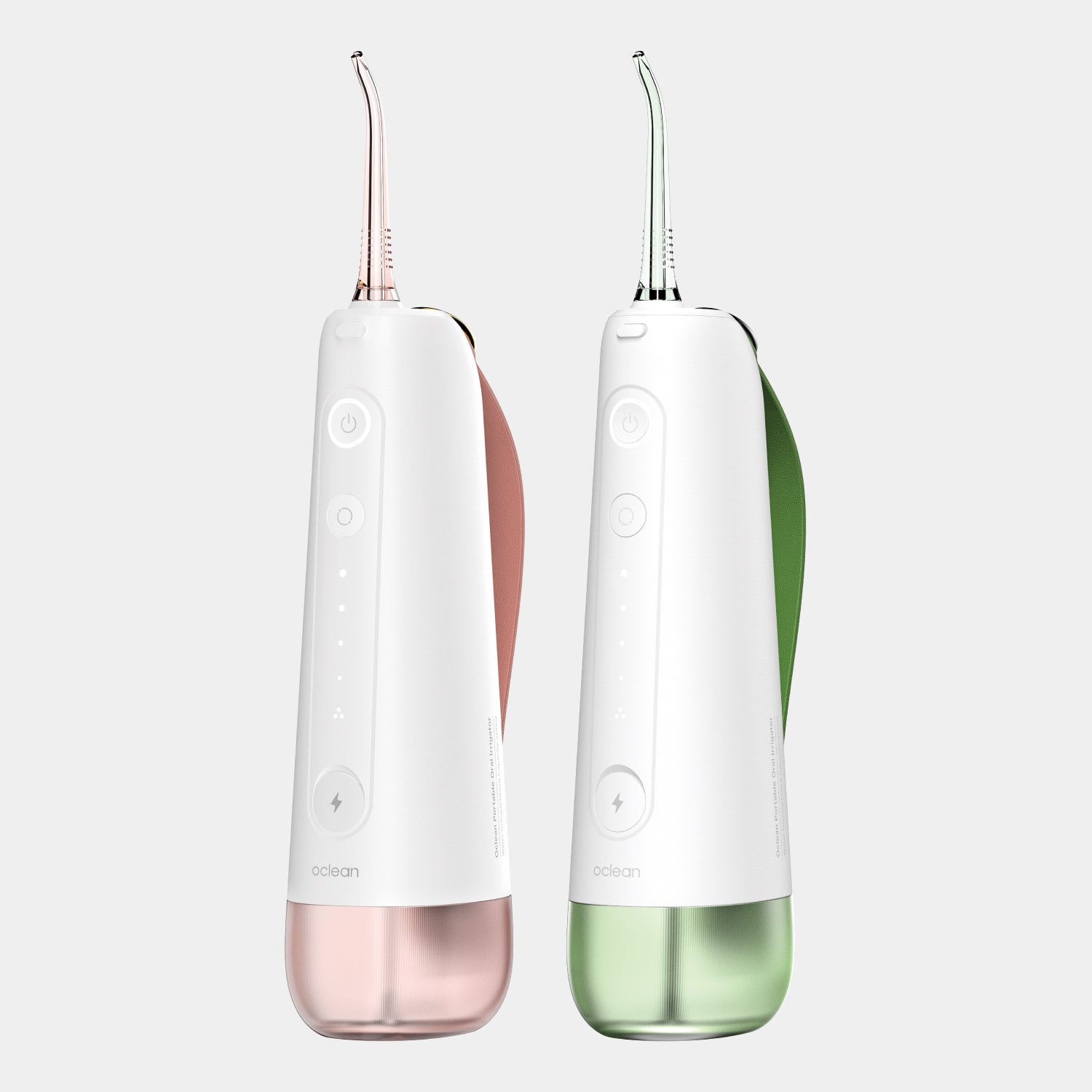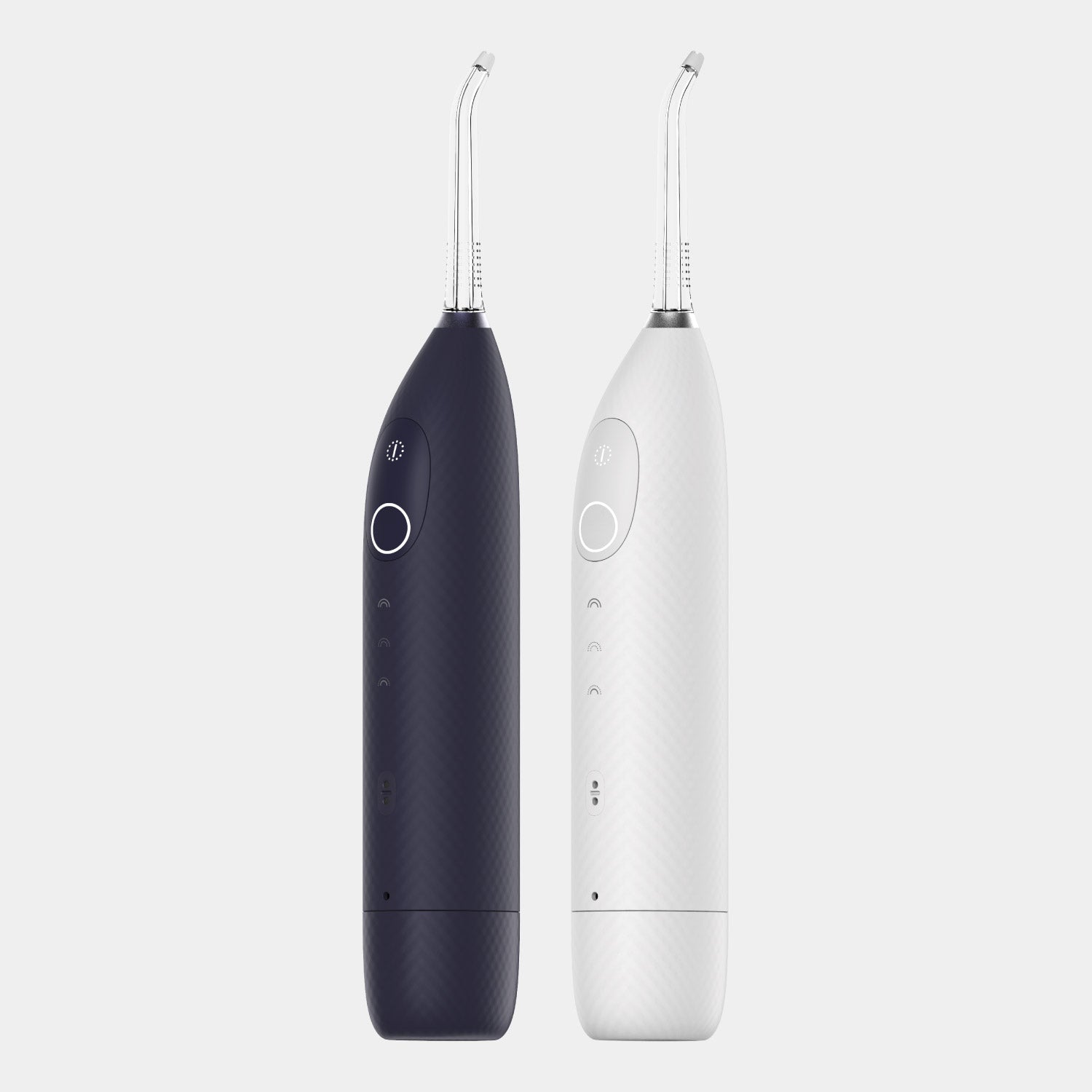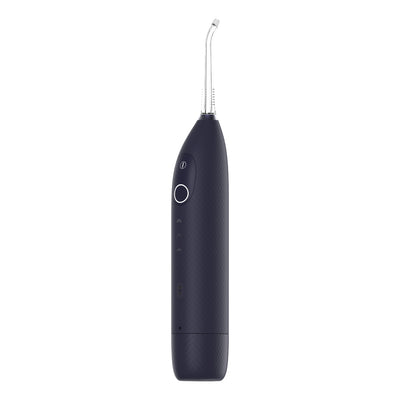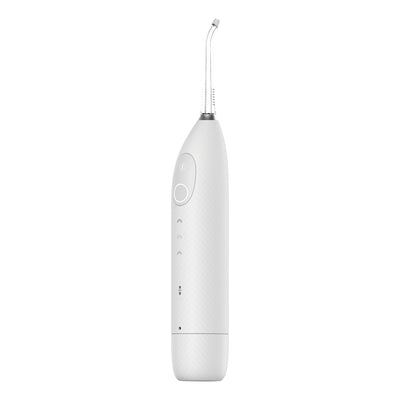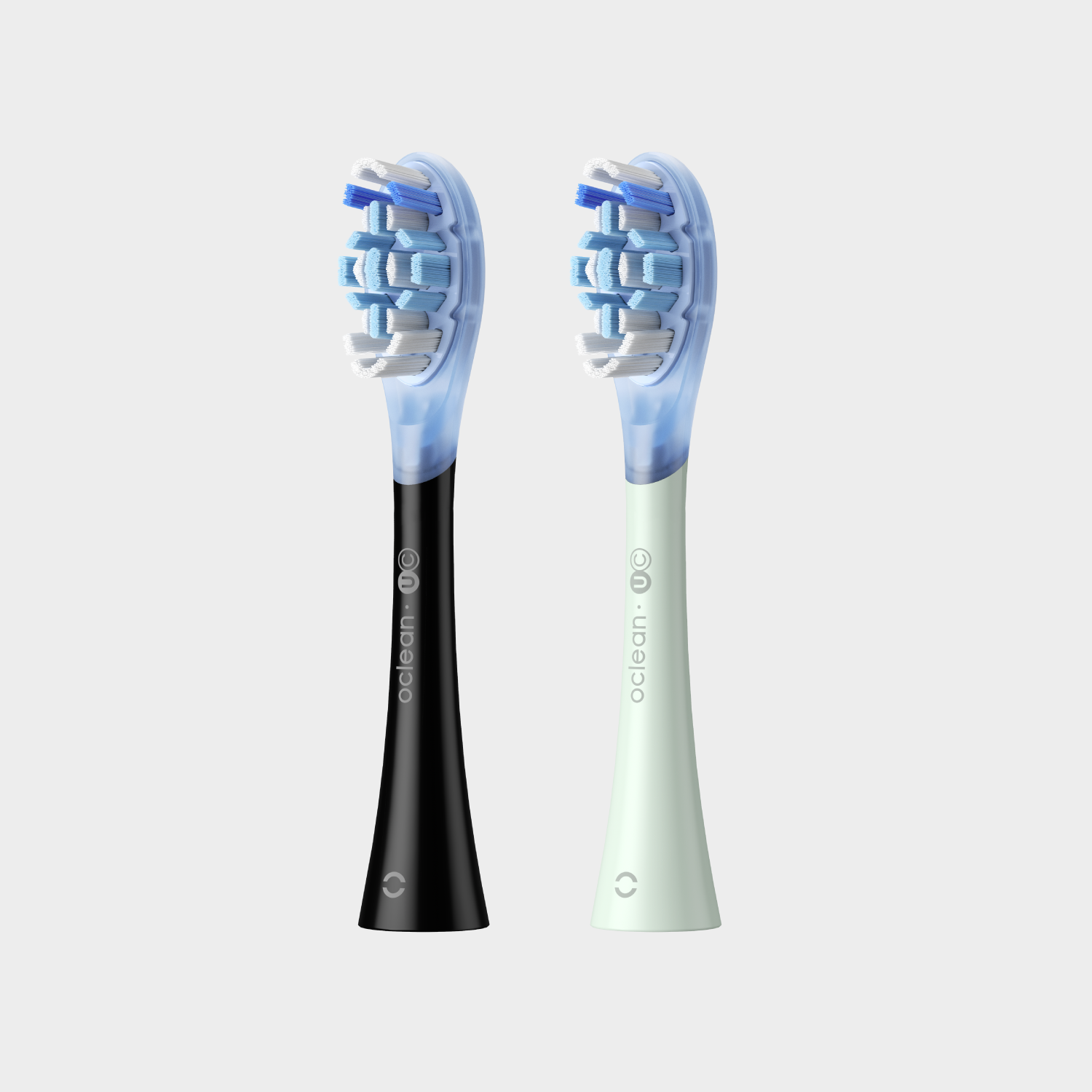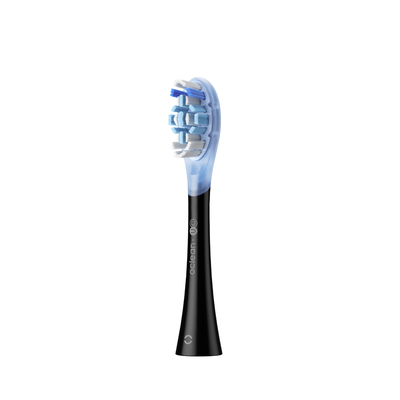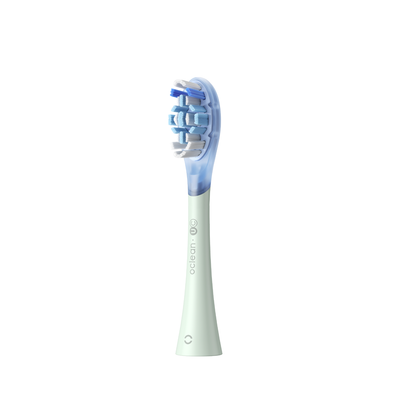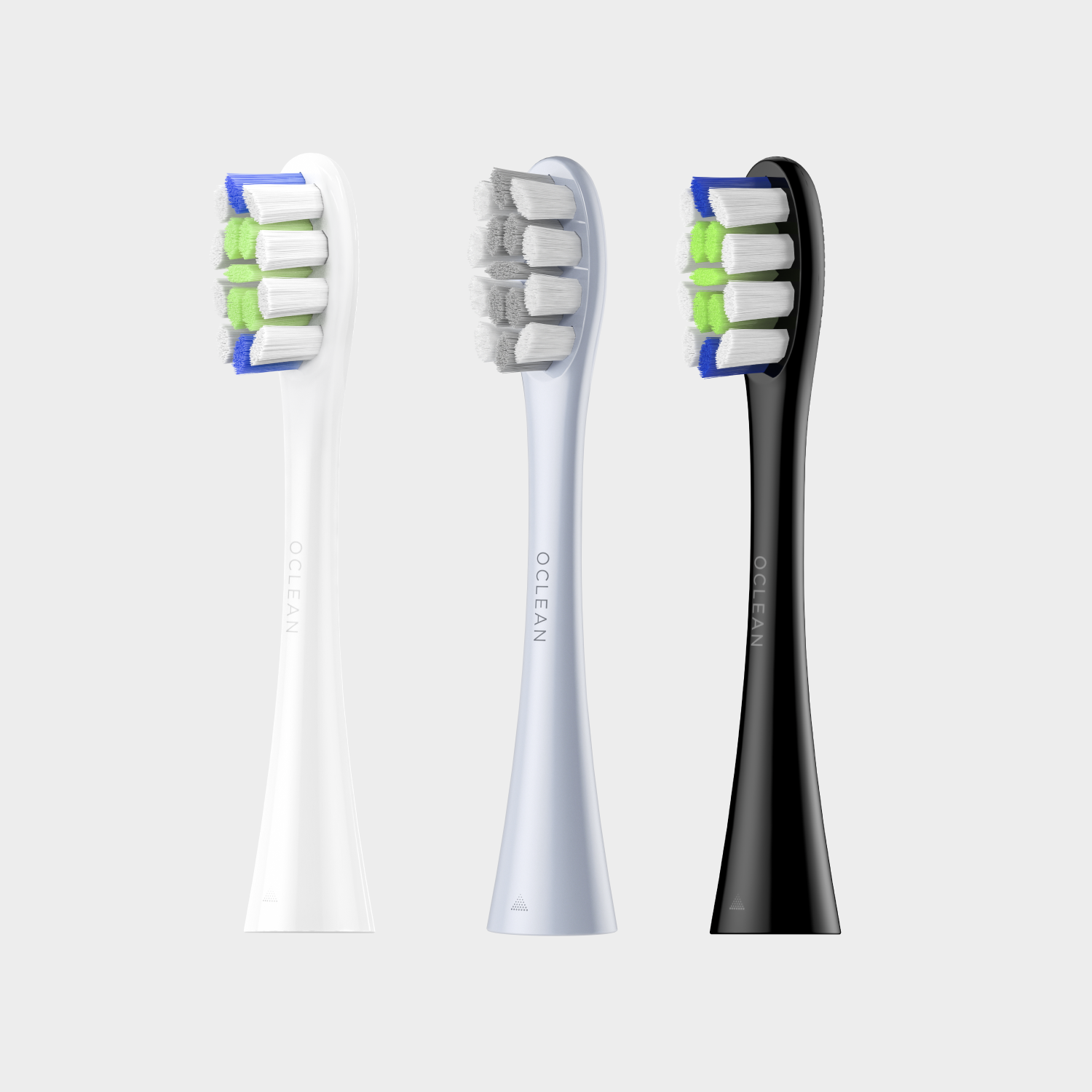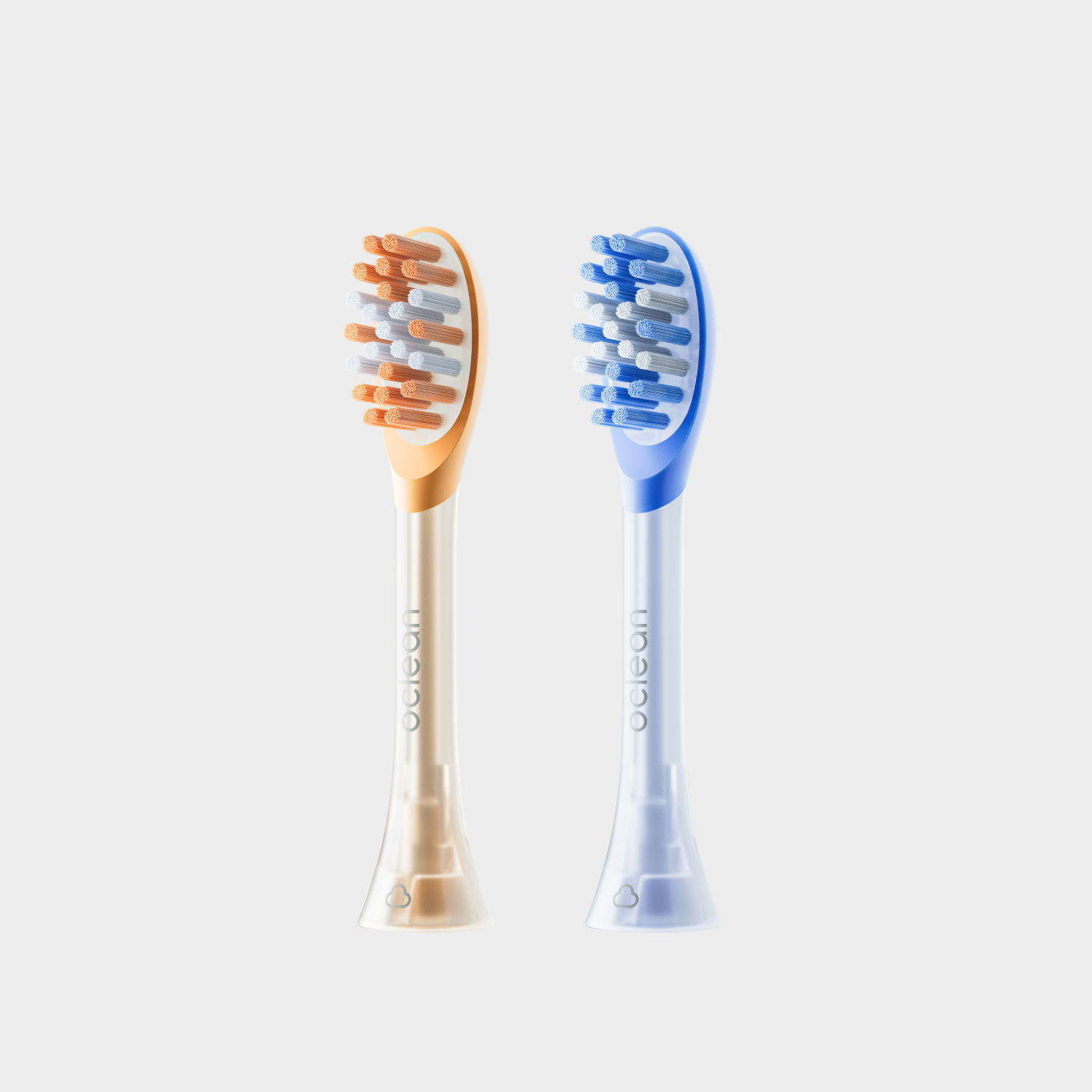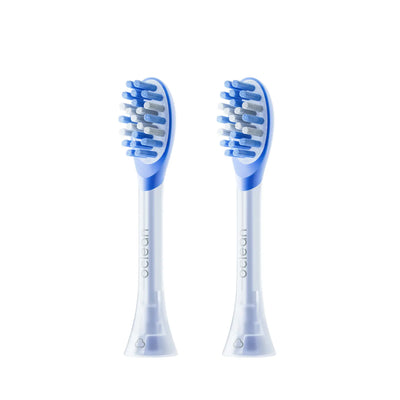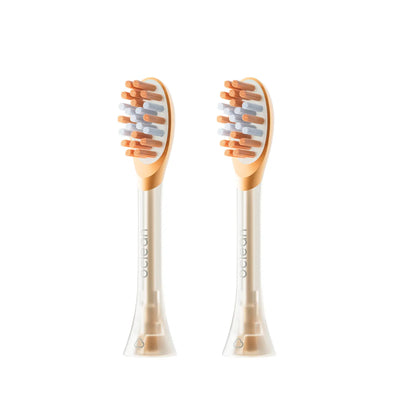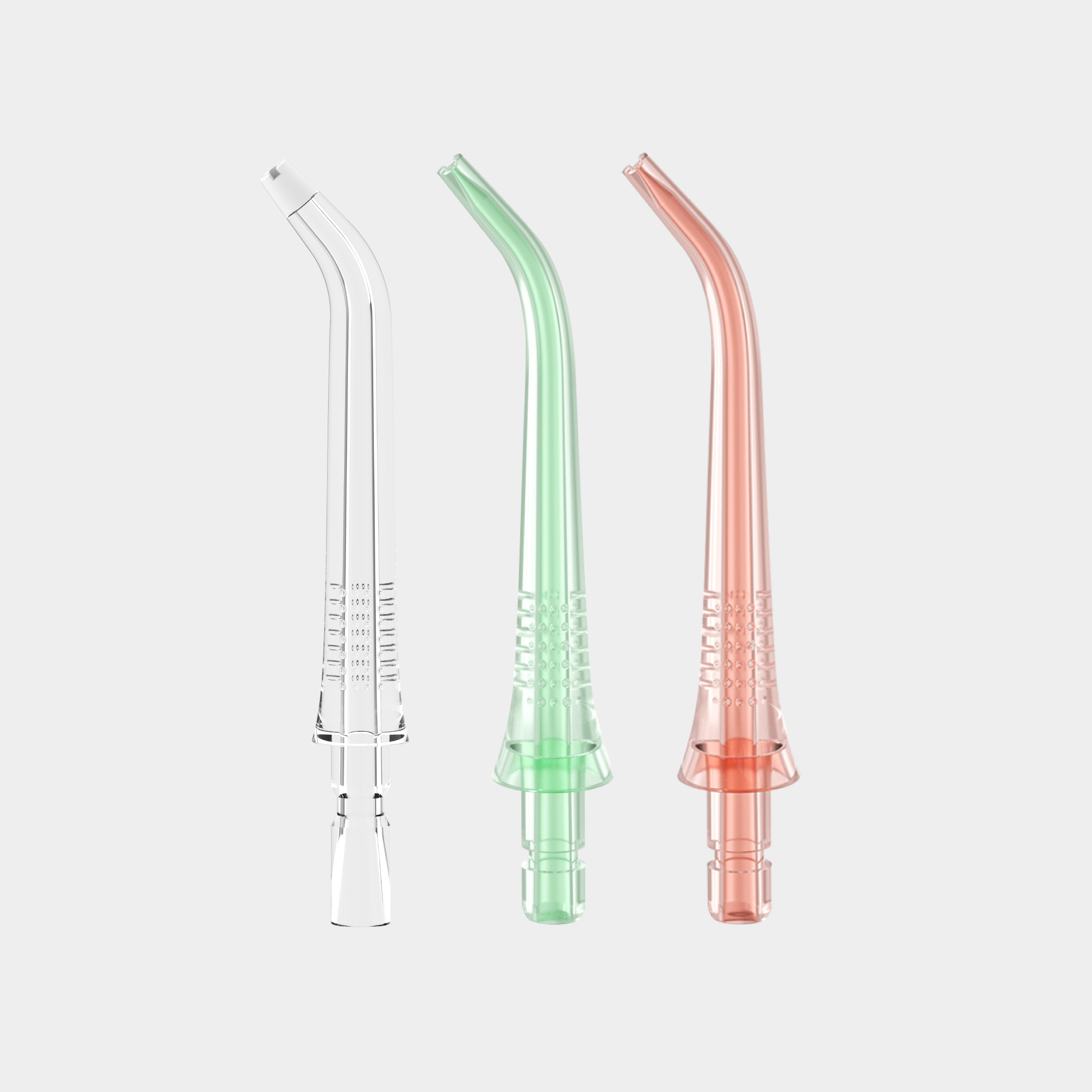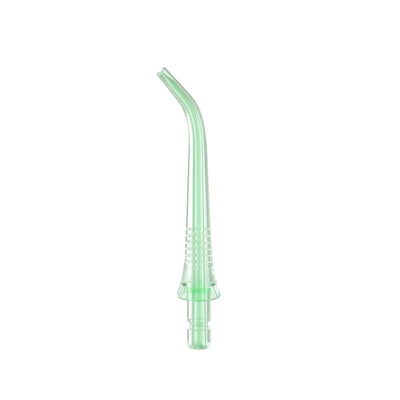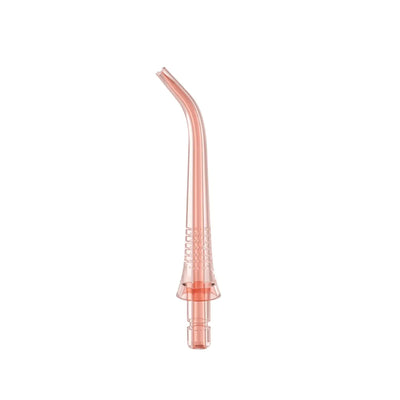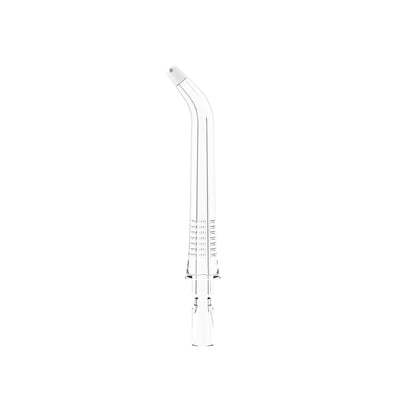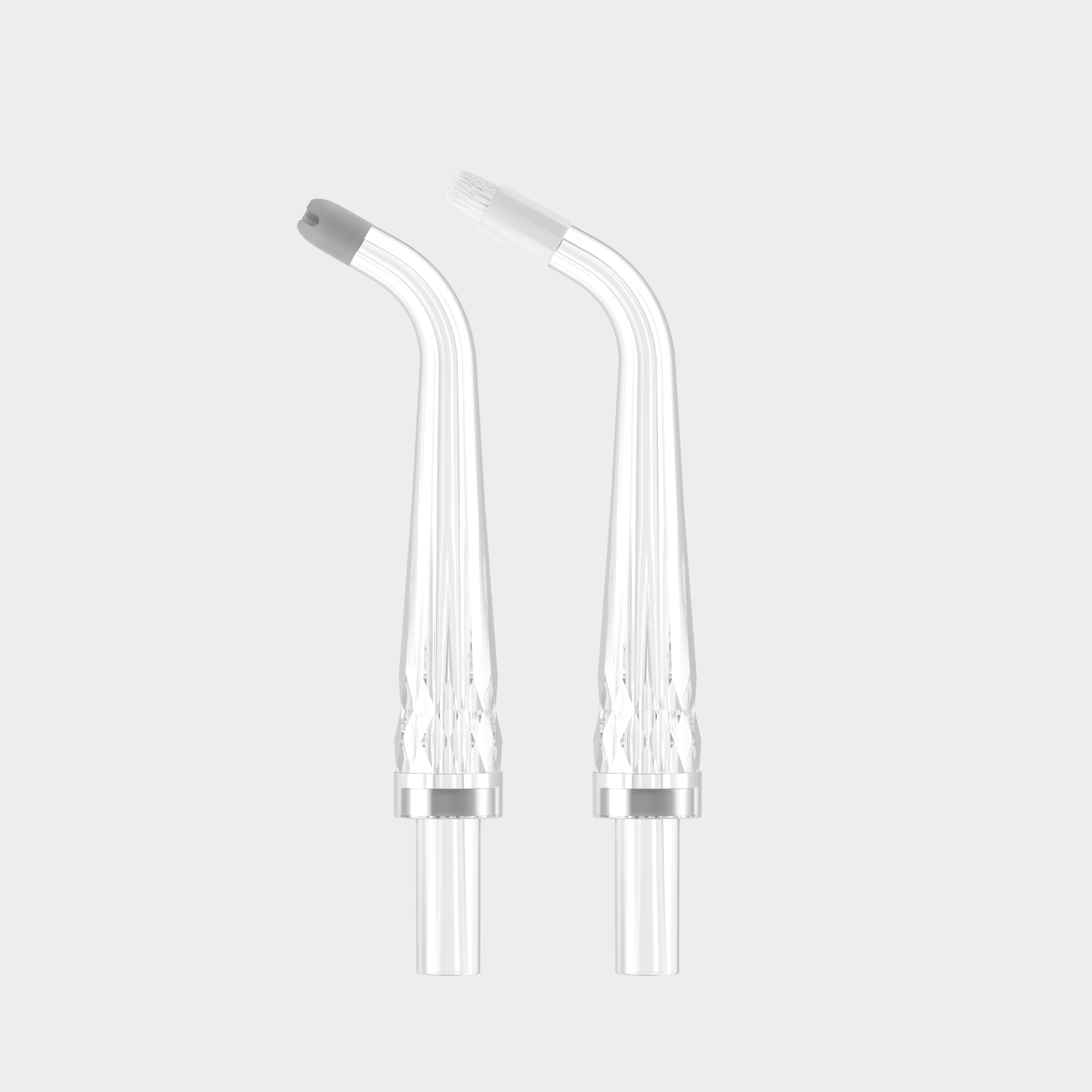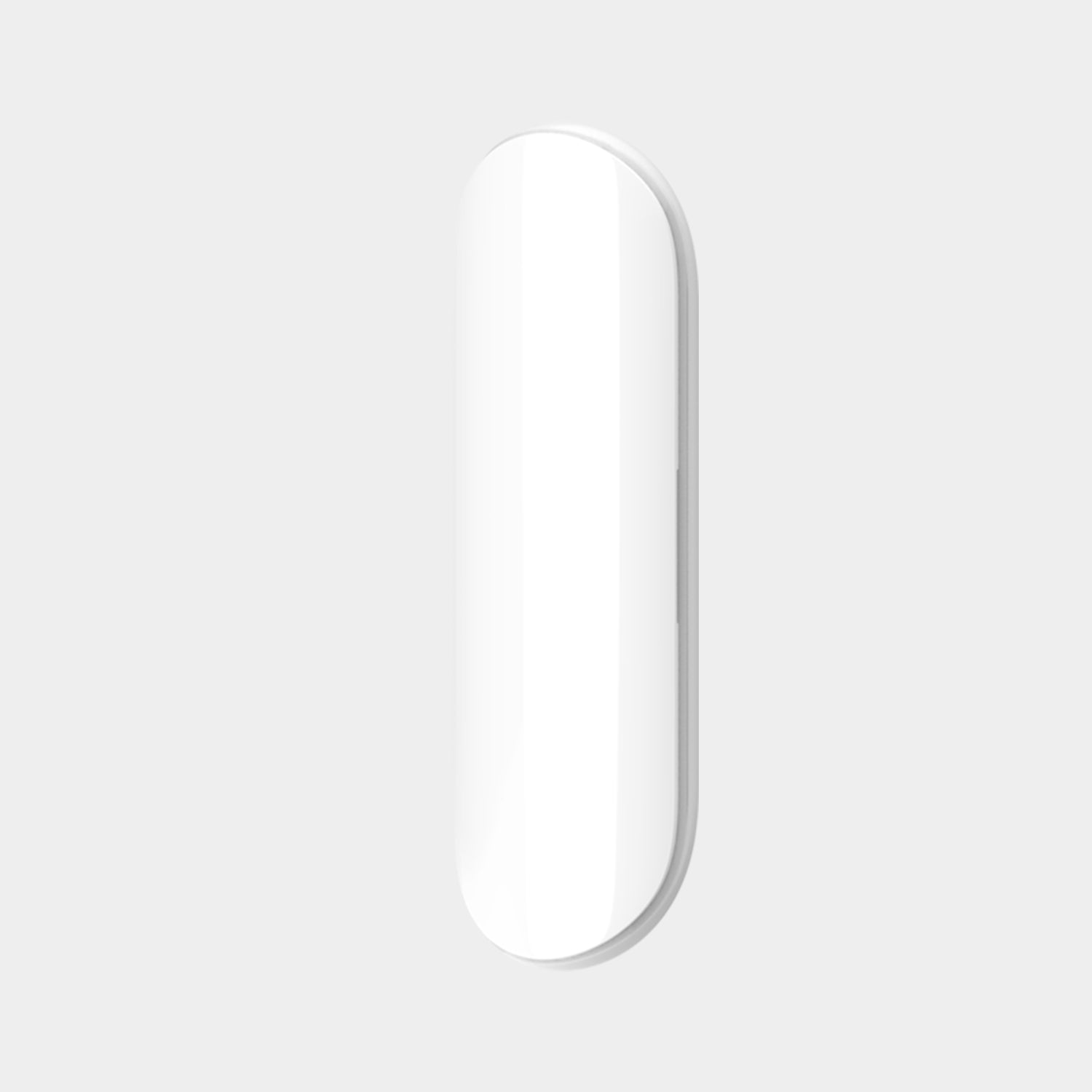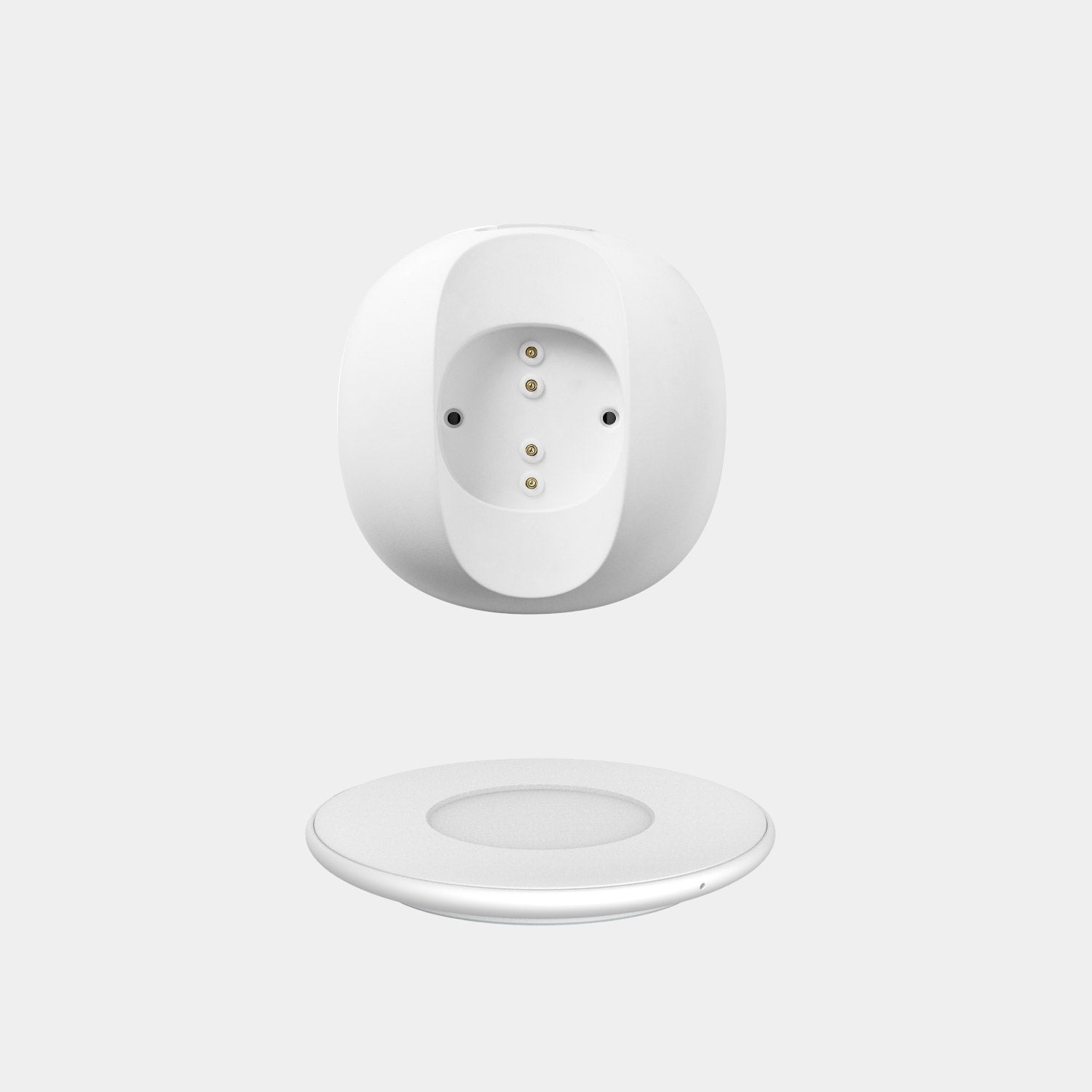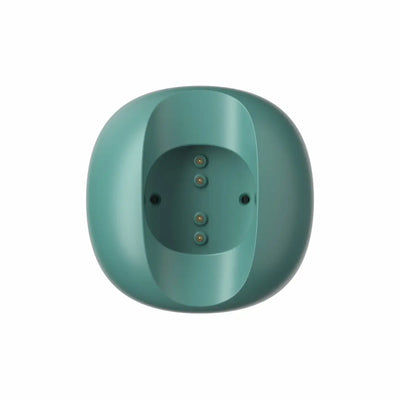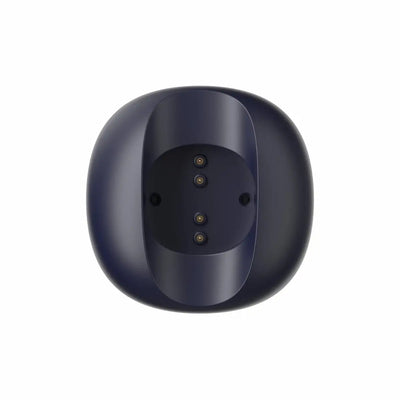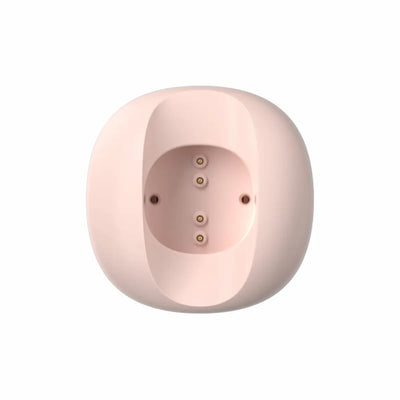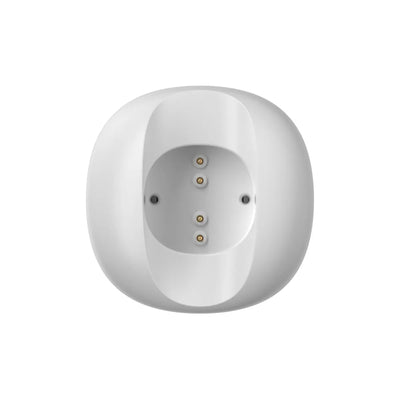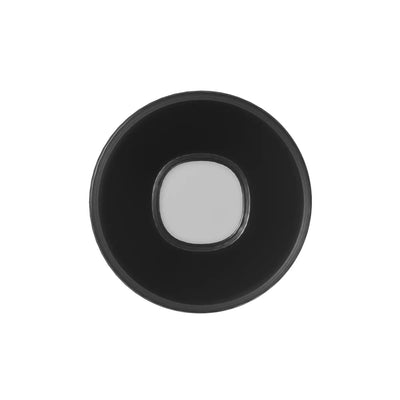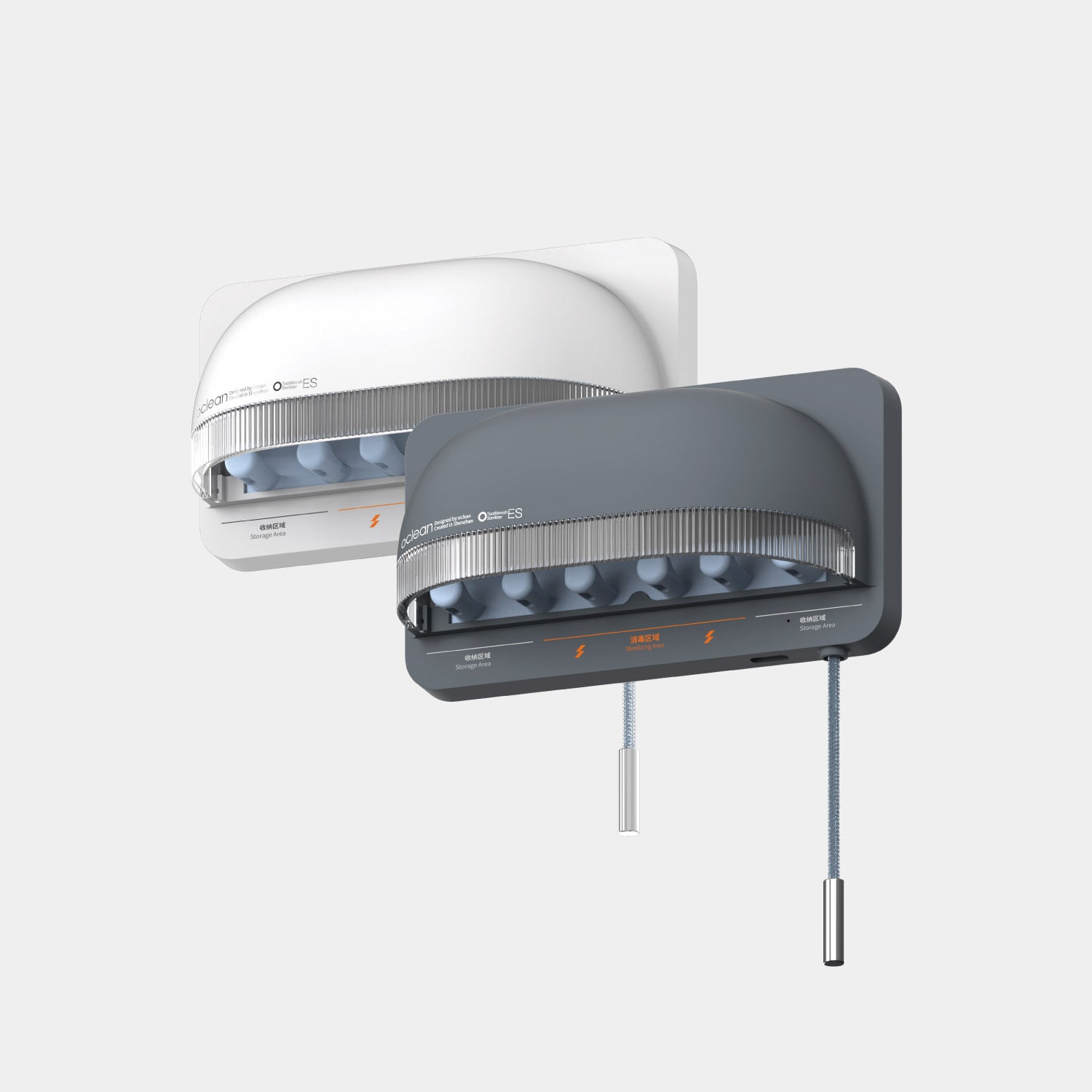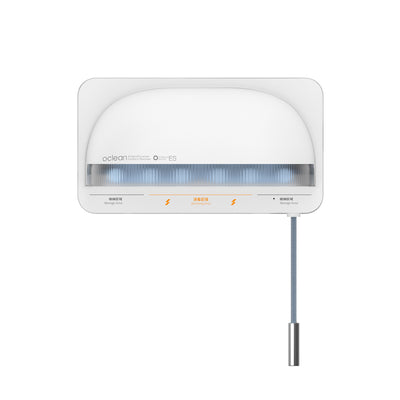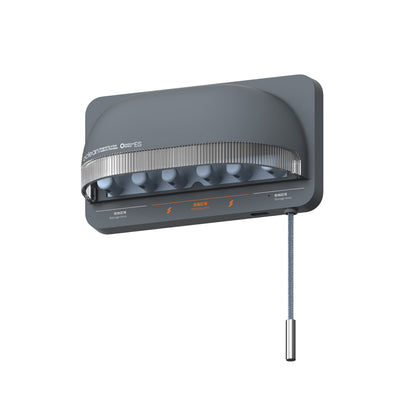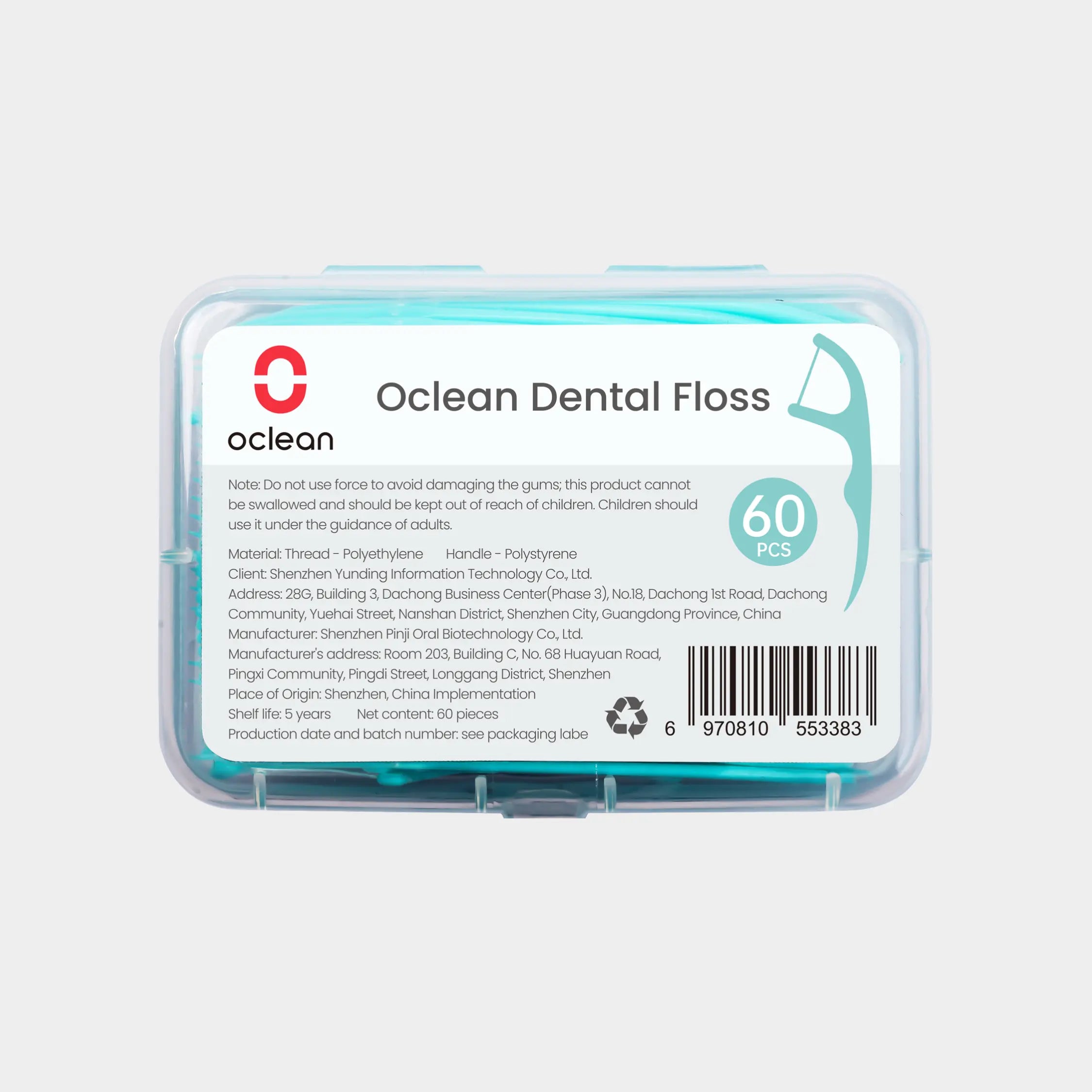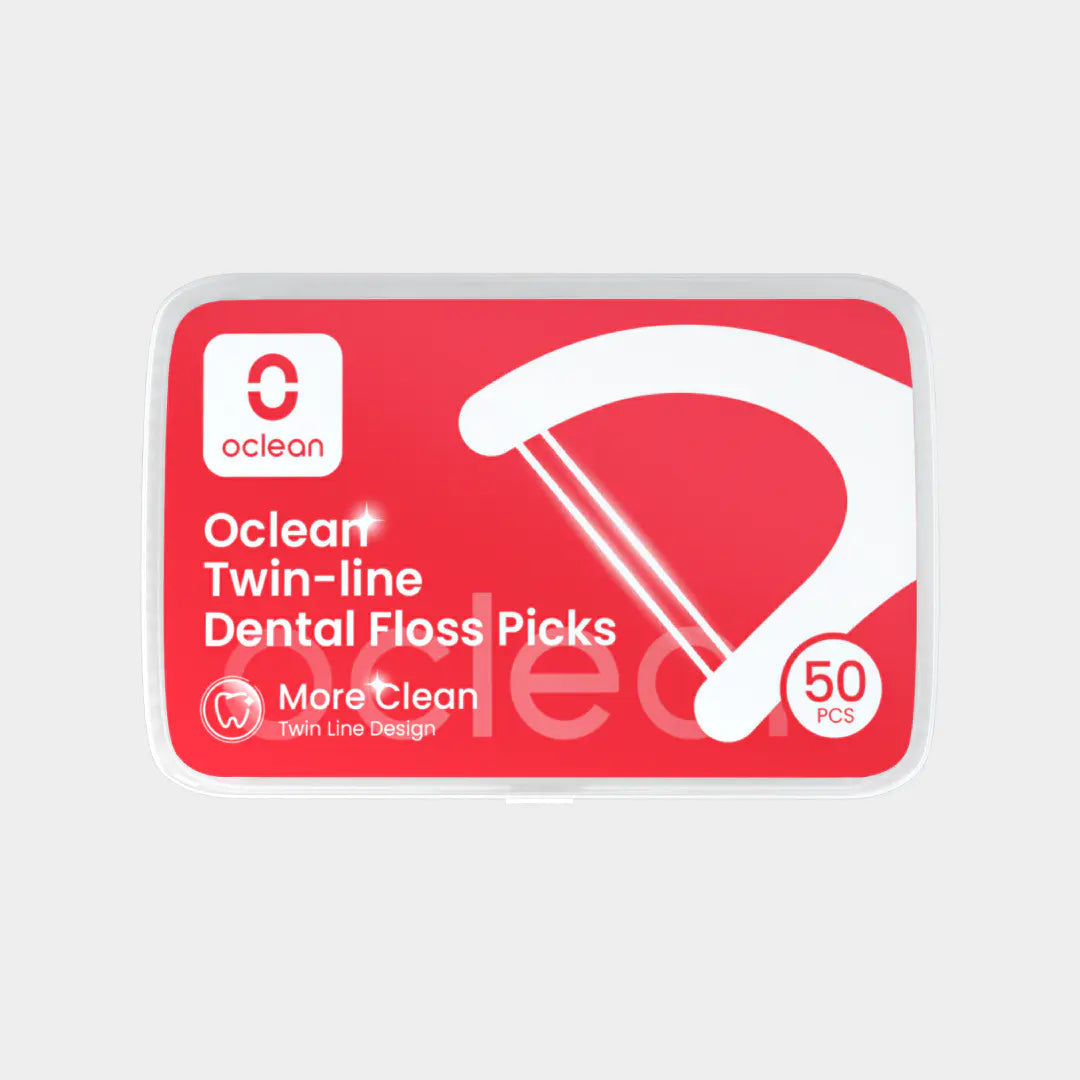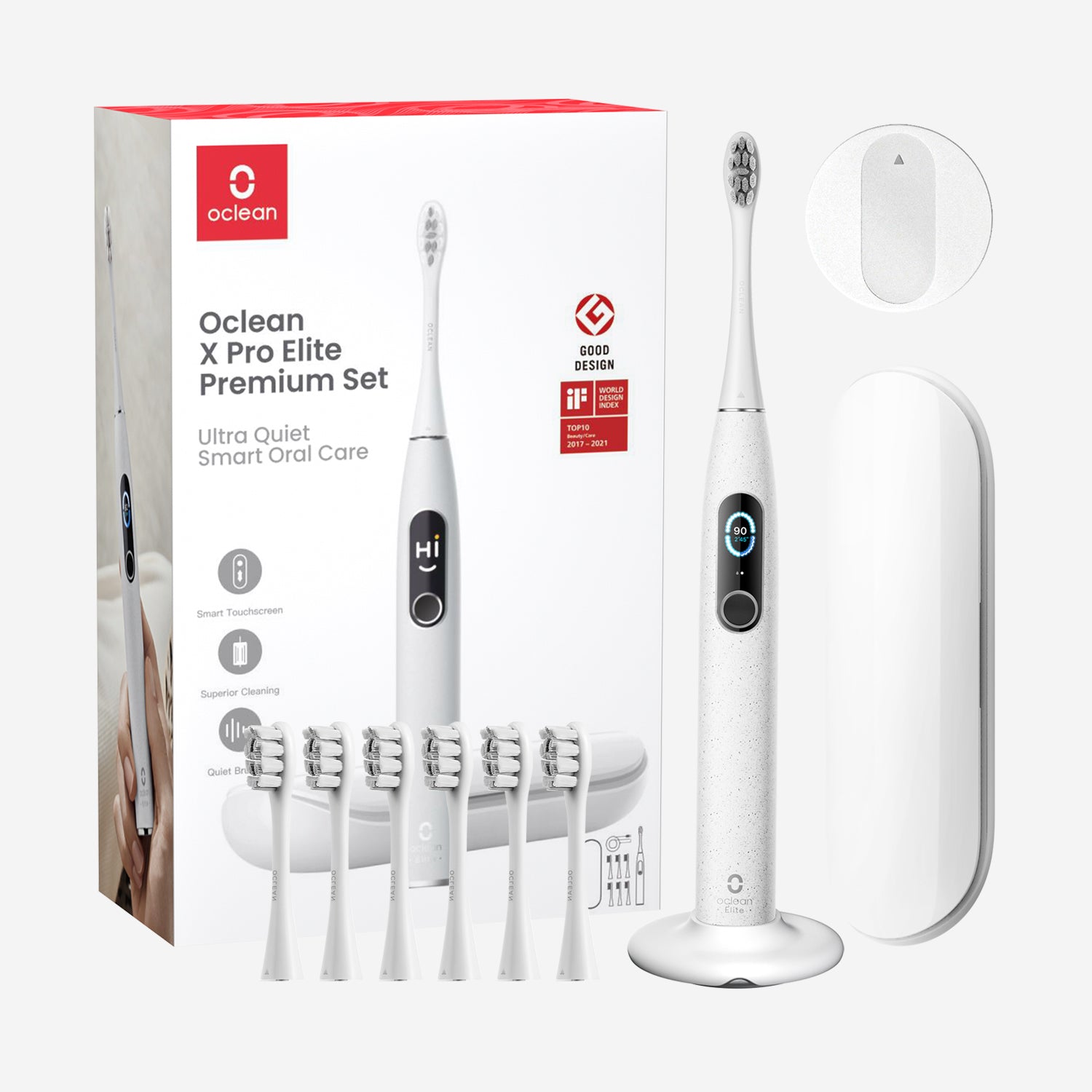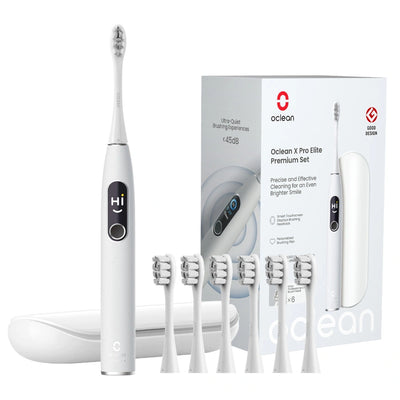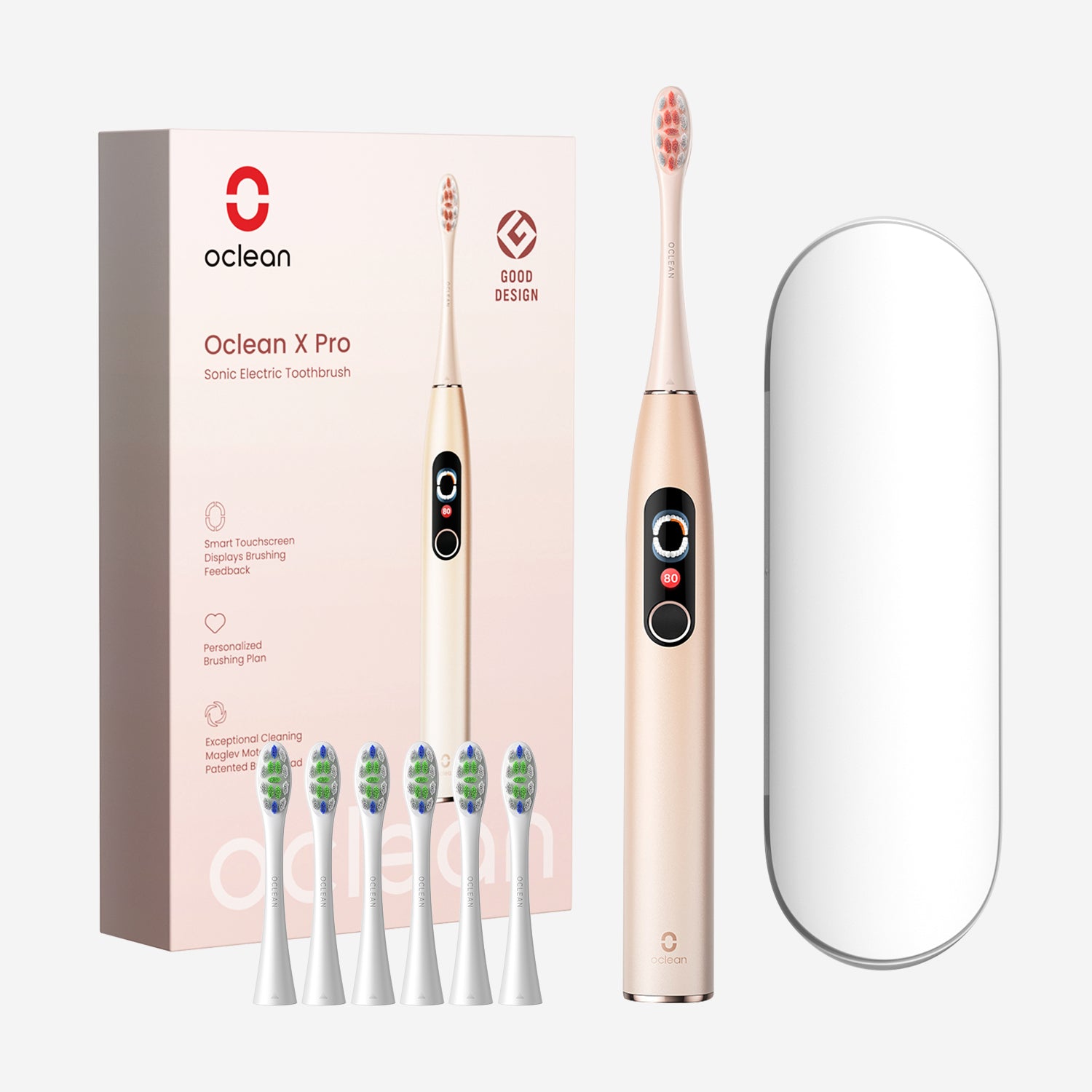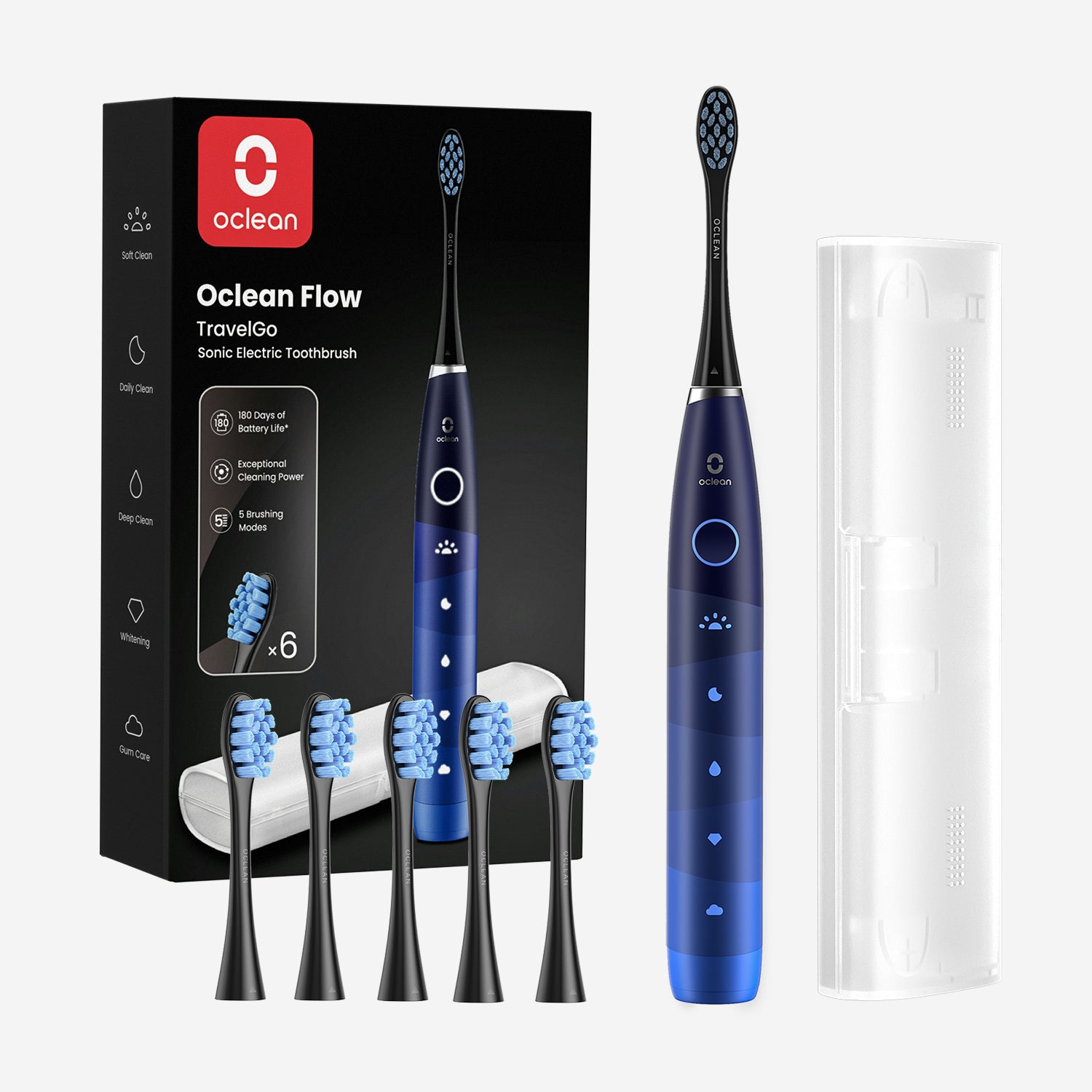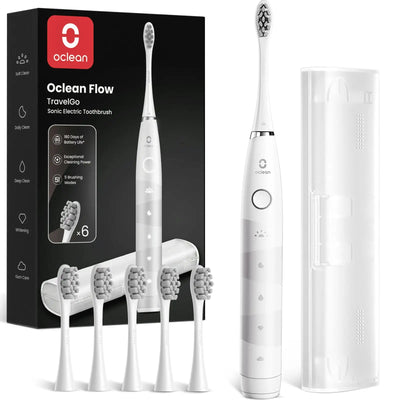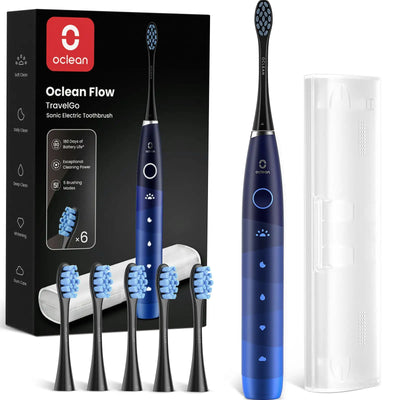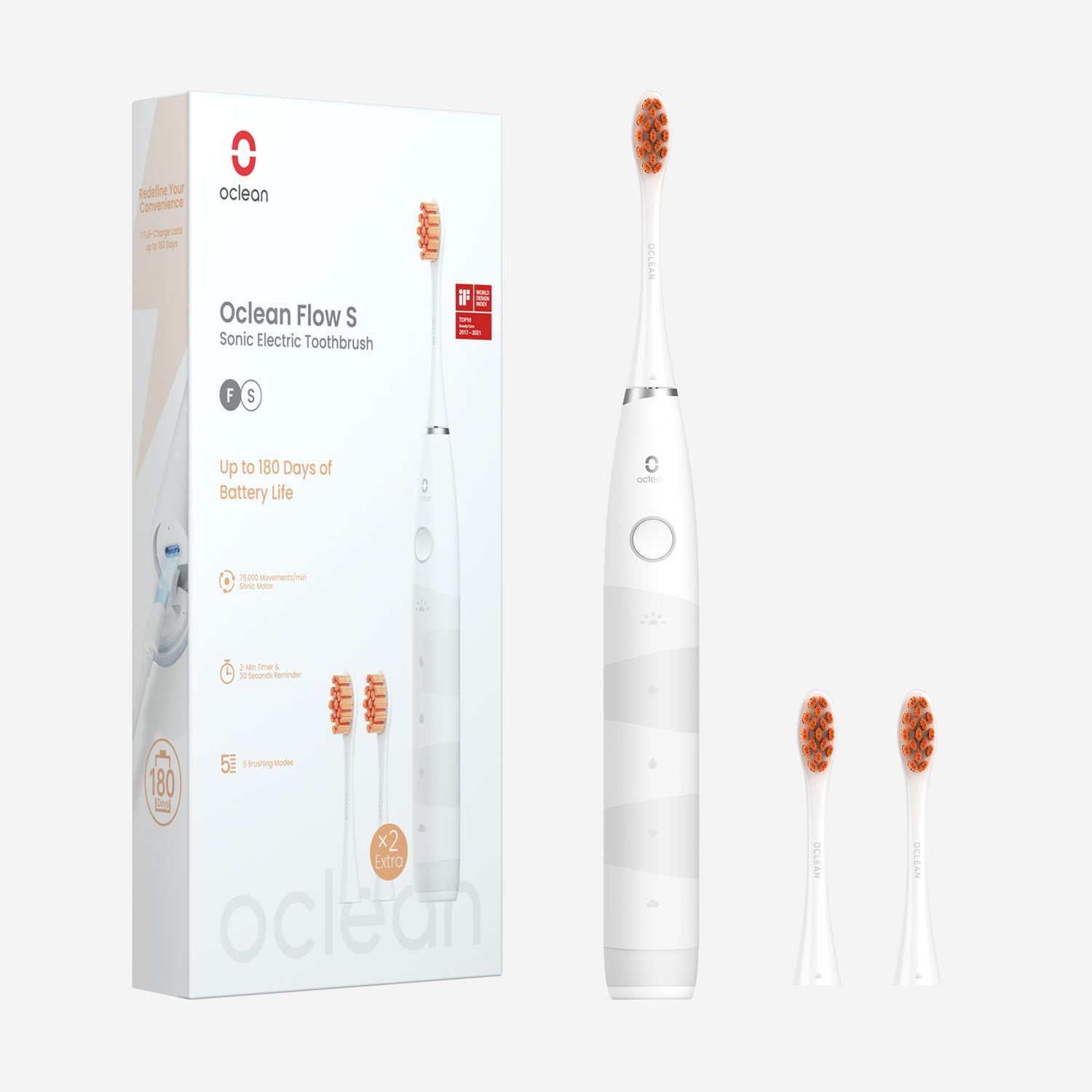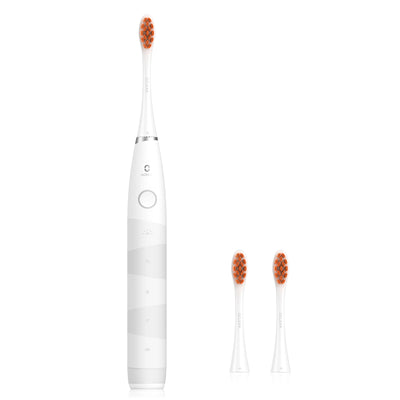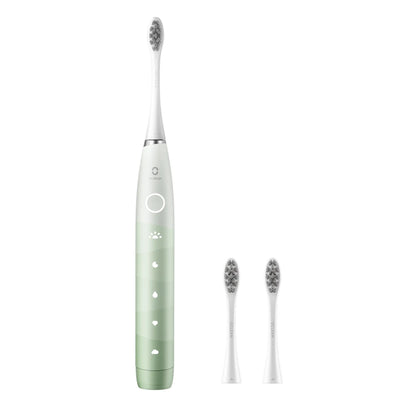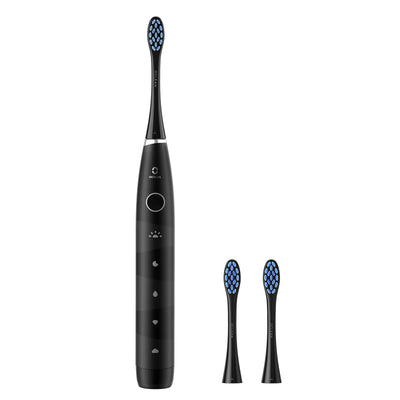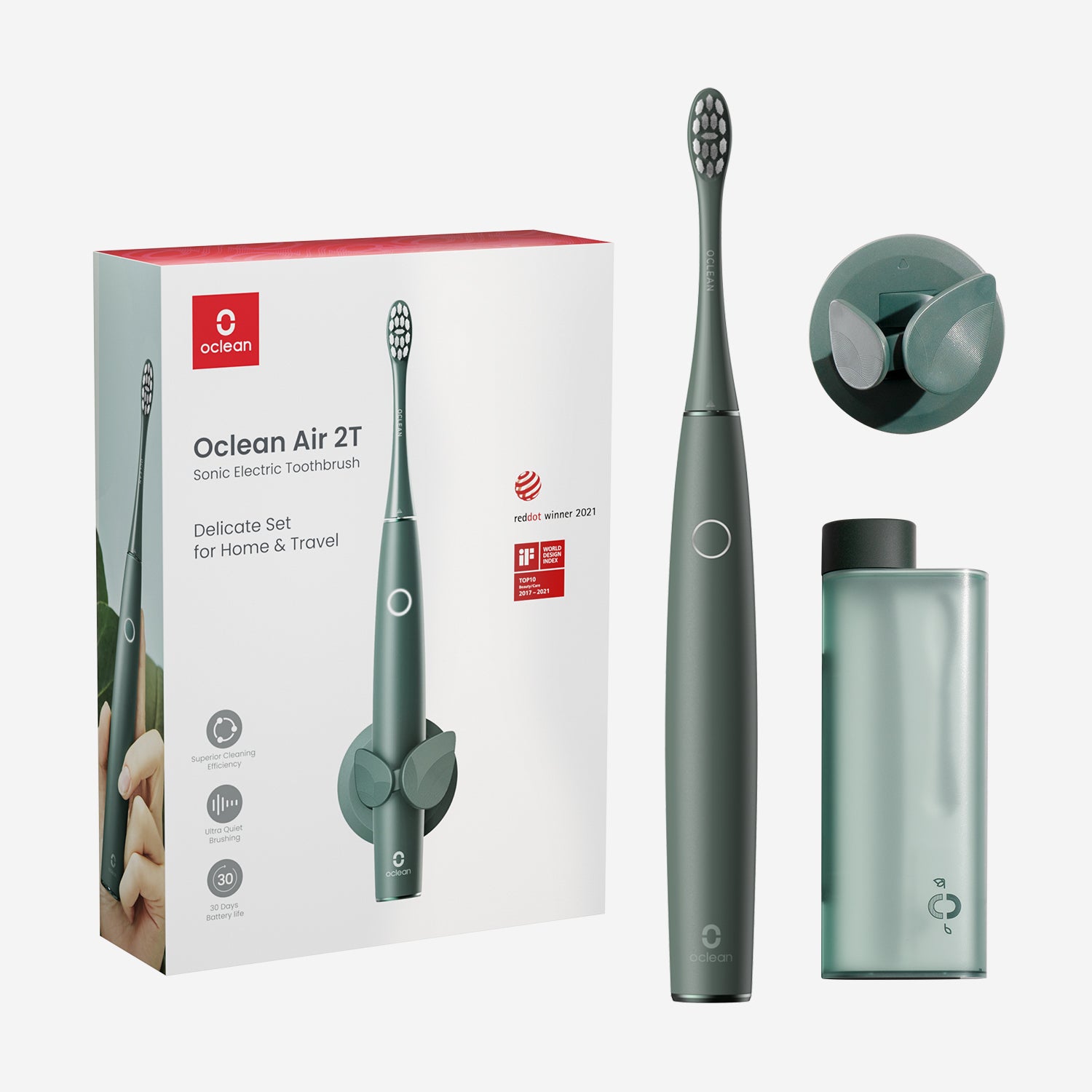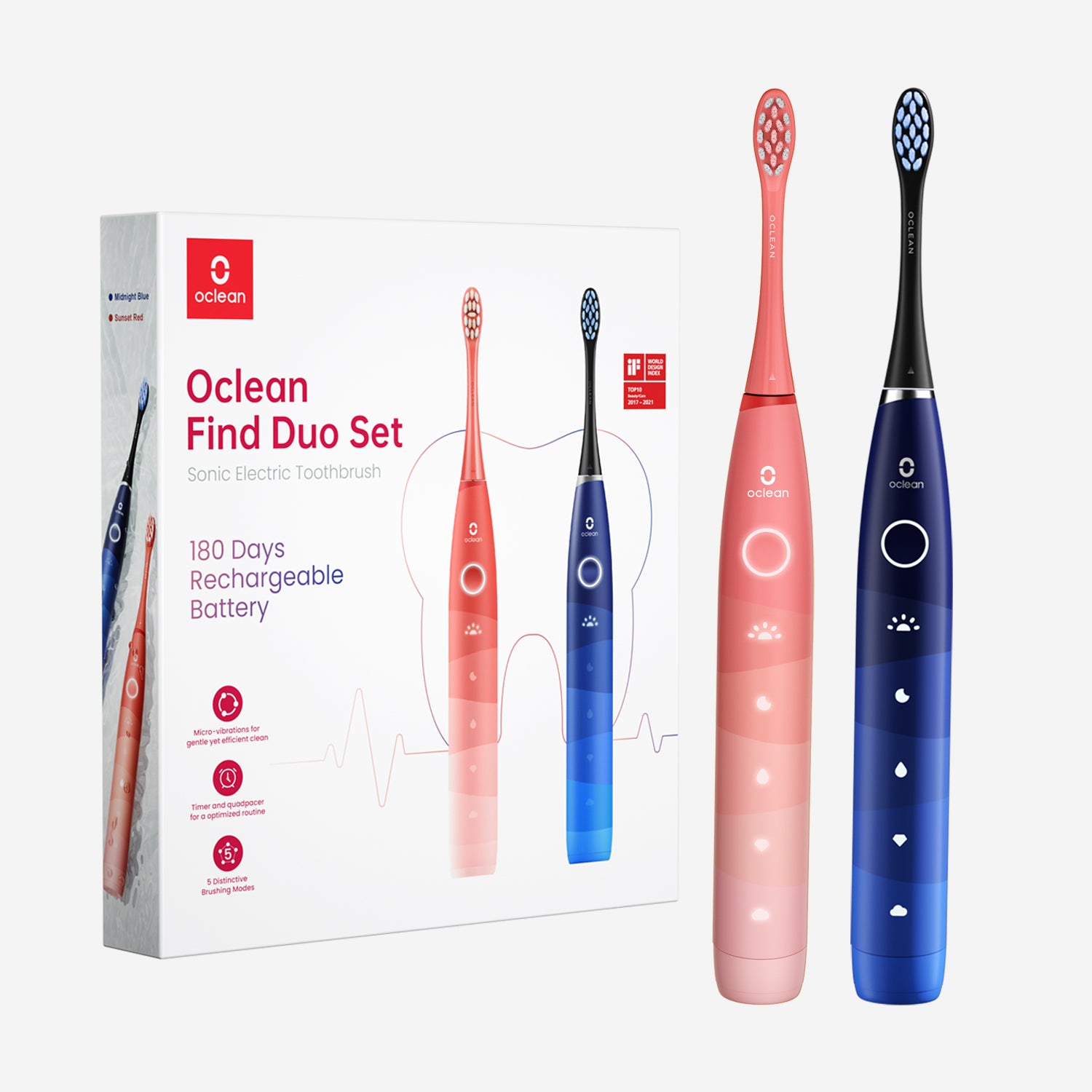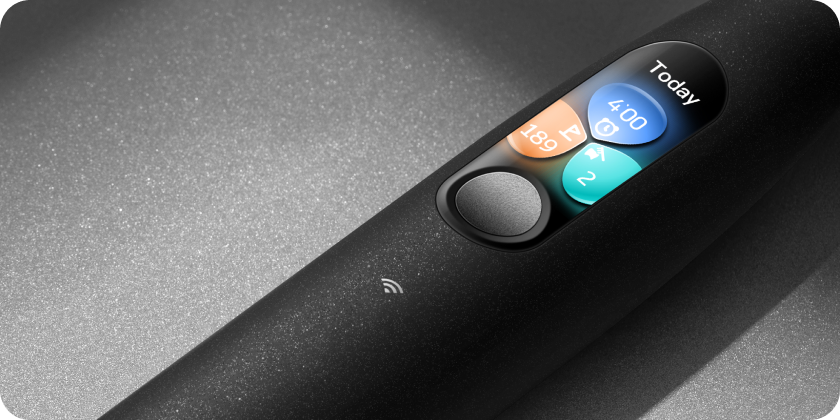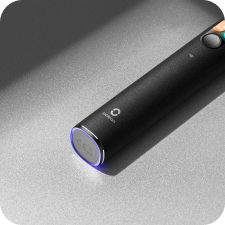Introduction:
In the realm of oral hygiene, electric toothbrushes, especially sonic electric toothbrushes, have transformed the way we care for our teeth. However, as their popularity grows, a crucial question emerges: Can an electric toothbrush damage your teeth or enamel?
How Do Electric Toothbrushes Work?
Electric toothbrushes have motor-driven action that is more effective in cleaning teeth than manual brushing. There are two major types: oscillating-rotating and sonic.
- Oscillating-rotating toothbrushes contain round brush heads that rotate back and forth or oscillate. They are effective at loosening the plaque and removing food debris.
- The sonic toothbrushes, like Oclean flow sonic toothbrush, work on high-frequency vibrations — usually more than 30,000 strokes per minute. They not only vibrate the bristles but also create microscopic bubbles in toothpaste and saliva. It cleans even in interdental spaces and gumlines where bristles cannot reach.
Most electric toothbrushes come with rechargeable batteries and can have features like timers, pressure sensors, and different modes of brushing to optimize your brushing experience. These smart features are programmed to promote healthier habits like brushing for the complete duration of two minutes or not using too much force on your gums.
Ultimately, sonic and oscillating toothbrushes provide you with a cleaner, more even clean mouth—assuming you're using them correctly!
Are Electric Toothbrushes Really That Effective
Yes, electric toothbrushes are very effective in cleaning teeth and have been proven to surpass regular toothbrushes. Research has proven that electric toothbrushes can remove as much as 21% more plaque and lower gum inflammation by 11% within three months of regular brushing. [1]
The biggest advantage of electric toothbrushes is their consistency and technology. They brush more effectively than hand toothbrushes with their thousands of bristle strokes per minute. They come with features like pressure sensors, a timer built-in, and various modes of brushing that provide the best brushing experience.
Brushing daily with an electric toothbrush, in addition to good technique and frequent dental examinations, can significantly promote oral health. But with their benefits come one question—do electric toothbrushes damage teeth? Let’s find out.
Can Electric Toothbrushes Damage Your Teeth?
Electric toothbrushes are designed to improve oral health, but misuse can cause damage. Excessive force makes the fast-moving bristles wear down enamel or inflame gums. [2]
Brushing too hard causes gums to become inflamed and recede. It exposes your tooth roots to decay. A too-hard or too-large brush head may also harm gums. That is why soft or extra-soft bristles are best for safe cleaning.
Used correctly, electric toothbrushes are one of the best tools for cleaning and caring for teeth. They are effective for removing plaque and for preventing gum disease, cavities, and other problems. If you're not feeling confident about your technique, regular dental check-ups can help you ensure that you're brushing properly.
Do Electric Toothbrushes Damage Enamel?
Electric toothbrushes are safe for enamel when used correctly. Enamel is the hard covering of the teeth that protects them against decay. It is resistant but can wear off if you brush too hard with either an electric toothbrush or a regular toothbrush.
The most effective protection for your enamel is with gentle pressure. Since electric toothbrushes move so quickly, you never have to press down with them. Hold the toothbrush against your teeth and allow it to work for you.
So do electric toothbrushes damage enamel? No, as long as you brush with them properly. With proper technique, they're one of the best tools for protecting your teeth from decay and gum disease. [3]
Understanding Toothbrush Abrasion:
Toothbrush abrasion, the wear and tear on teeth caused by brushing, is a concern for many. High-quality electric toothbrushes, like those in our collection, are designed to minimize this risk. Equipped with pressure sensors and soft bristles, these toothbrushes are gentle on teeth and gums.
Dispelling Concerns:
Can electric toothbrushes damage teeth or enamel? The answer is a resounding NO. When used appropriately, smart electric toothbrushes pose no risk of causing harm to your teeth or enamel.
Caution Against Overbrushing:
Dentists warn that prolonged overbrushing or excessive pressure can lead to issues. While a few weeks of overbrushing may not cause significant problems, extended periods may falsely attribute oral damage to the electric toothbrush.
Electric Toothbrushes and Enamel Safety:
Enamel, though the body's hardest substance, is not indestructible. Properly using an electric toothbrush is generally safe for enamel. Opt for a toothbrush with soft bristles and pair it with fluoride toothpaste for added enamel protection.
Mastering Brushing Technique:
Technique is key. Hold your electric toothbrush at a 45-degree angle to your gums, allowing the toothbrush to do the work. Avoid applying excessive pressure; instead, guide it gently along your teeth and gums.
Benefits of Using Electric Toothbrushes
Electric toothbrushes have some benefits over manual brushing.
1. More Effective Plaque Removal
Electric toothbrushes are better at removing plaque than manual toothbrushes and avoid the risk of gum disease and cavities. They clean faster even in confined spaces.
2. Easier to Use
You do not need to move your hand back and forth like with a manual brush. Guide the brush and it does the work for you—ideal for those with mobility issues.
3. Built-in Timers for Better Brushing
The majority of electric toothbrushes come with built-in timers that ensure you brush for the complete dentist-advised two minutes.
4. Pressure Sensors to Prevent Damage
Some models come with built-in pressure sensors that alert you when you are applying excessive force, which protects your gums and enamel.
5. Gentle Yet Powerful Cleaning
Oscillating and sonic toothbrushes are effective in removing plaque without the need for abrasive scrubbing and are hence gentler on your gums and teeth.
6. Fun and Motivating
Many people—especially kids—find electric toothbrushes more enjoyable to use, encouraging better brushing habits.
Risks of Using Electric Toothbrushes
Electric toothbrushes are powerful and can harm teeth and gums if not treated with care.
1. Enamel Erosion from Too Much Pressure
Brushing with excessive force with an electric toothbrush wears down the enamel and leads to sensitivity as well as a greater risk of tooth decay.
2. Gum Recession
Excessive pressure can damage gum tissue and cause gum recession and exposure to the roots of your teeth.
3. Cost
Electric toothbrushes and their brush heads are costlier than their manual toothbrush equivalents, which might not be ideal for everybody.
4. Battery or Charging Problems
Rechargeable electric toothbrush models need to be charged regularly, and battery-powered ones require frequent replacements.
Can You Use an Electric Toothbrush Every Day?
Yes! It is not only safe but also advisable to brush your teeth daily with an electric toothbrush. It removes plaque more efficiently, cleans hard-to-reach areas, and offers better cleaning compared to brushing with your hands. [4]
But be cautious not to apply too much force or brush for too long. It can hurt your gums and enamel if you press too hard or brush for too long. It’s simply about letting the toothbrush do the work and using the appropriate brush head with gentle strokes.
Tips for Effective and Safe Use of Electric Toothbrushes
Here are some simple steps for safe and effective use of electric toothbrushes:
1. Stick to the Two-Minute Rule
Brushing for extended periods wears away enamel and dentin. Most toothbrushes come with a built-in timer for two minutes—use it and brush no longer than that.
2. Select the Right Brush Head
Not all brush heads are equal. Soft bristles should be used to prevent enamel damage and gum irritation. Hard bristles are too abrasive for your teeth.
3. Replace the Brush Head Regularly
The bristles lose their effectiveness with time and become worn out. Replace the brush head every 3-4 months, or sooner if the bristles are worn.
4. Use Gentle Pressure
Brushing too hard can damage the enamel and gums. Let the toothbrush movement do the work—simply guide it around your teeth with no extra force. Some electric toothbrushes have built-in pressure sensors to help with this.
5. Consult Your Dentist
Your dentist can advise you on the most suitable toothbrush, brush head, and settings for your oral health. Regular checkups with your dentist ensure you're using your electric toothbrush properly and safely.
Choosing the Right Electric Toothbrush:
Select an electric toothbrush that caters to enamel care. The Oclean X Pro Elite, for instance, offers customizable brushing modes, FDA approval, and endorsement from renowned dentists worldwide.
Key Features:
Compact and lightweight design for easy handling
- Ai-enabled with a color display
- Unprecedented rpm for deep cleaning
- Personalized brushing plan within the app
- 2-in-1 Charge and all Mount
- Three cleaning modes with AI Frequency Reduction
- 3D Designed Dupont Bristles
Oclean X Pro Elite is the latest high-caliber smart electric toothbrush, FDA-approved, and recommended by international dentists.
Conclusion:
In conclusion, when used properly, electric toothbrushes do not damage teeth or enamel. They can even surpass manual toothbrushes in plaque removal and oral health maintenance. For more tips and information, explore our electric toothbrush advice section. Trust in the effectiveness of electric toothbrushes for a brighter, healthier smile.
Reference
- Yaacob, Munirah, et al. “Powered versus Manual Toothbrushing for Oral Health.” Cochrane Database of Systematic Reviews, no. 6, 17 June 2014, https://doi.org/10.1002/14651858.cd002281.pub3.
- Addy, M., and M.L. Hunter. “Can Tooth Brushing Damage Your Health? Effects on Oral and Dental Tissues.” International Dental Journal, vol. 53, no. S3, June 2003, pp. 177–186, https://doi.org/10.1111/j.1875-595x.2003.tb00768.x.
- Bever, Lindsey. “Electric Toothbrushes Are Better. But the Right Technique Matters More.” Washington Post, The Washington Post, 7 June 2024, www.washingtonpost.com/wellness/2024/06/07/electric-toothbrushes-manual-dental-plaque-gingivitis/.
-
Nakai, Kumiko, et al. “Effects of Electric-Toothbrush Vibrations on the Expression of Collagen and Non-Collagen Proteins through the Focal Adhesion Kinase Signaling Pathway in Gingival Fibroblasts.” Biomolecules, vol. 12, no. 6, 1 June 2022, p. 771, www.mdpi.com/2218-273X/12/6/771, https://doi.org/10.3390/biom12060771. Accessed 15 Dec. 2023.
